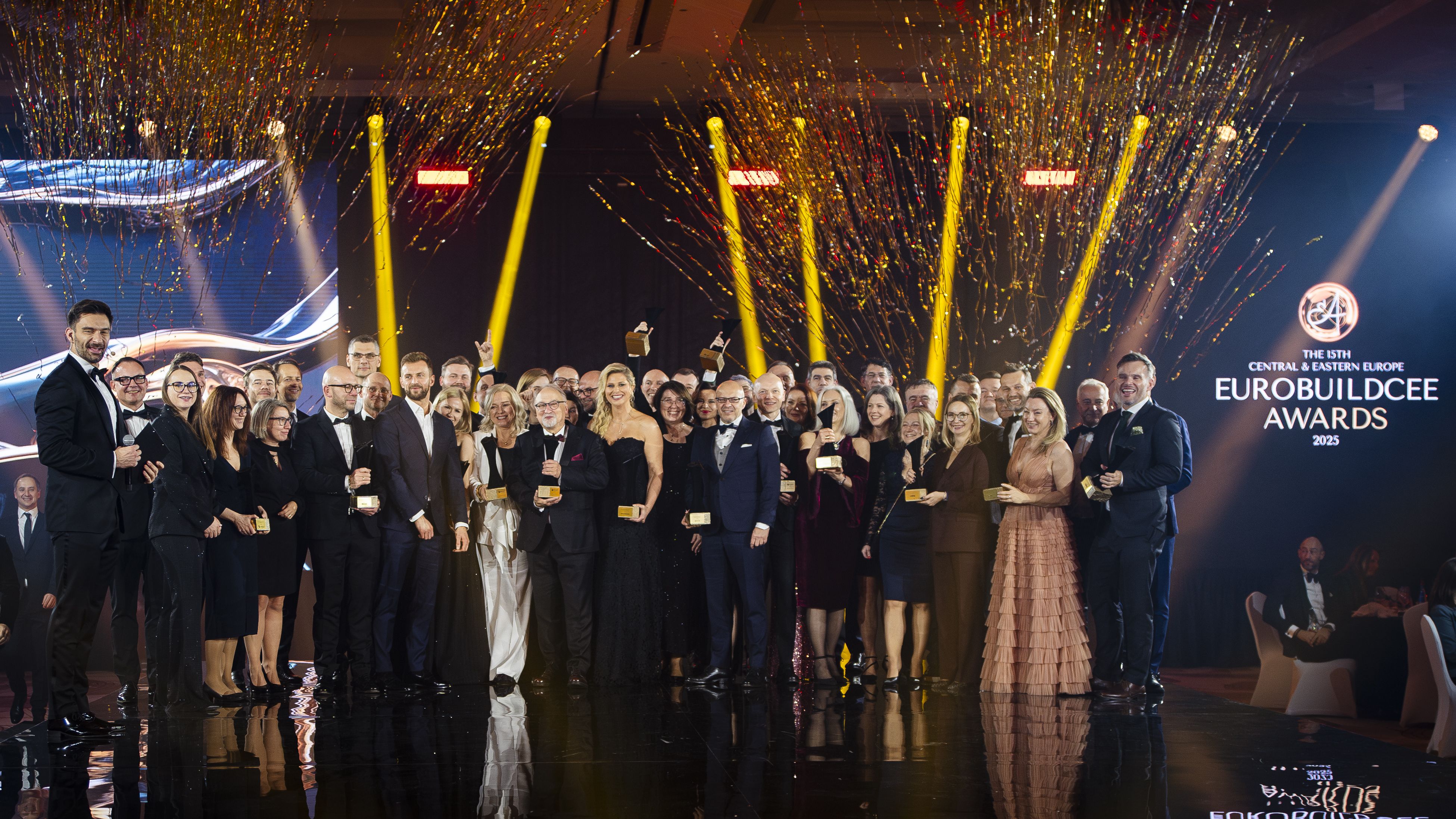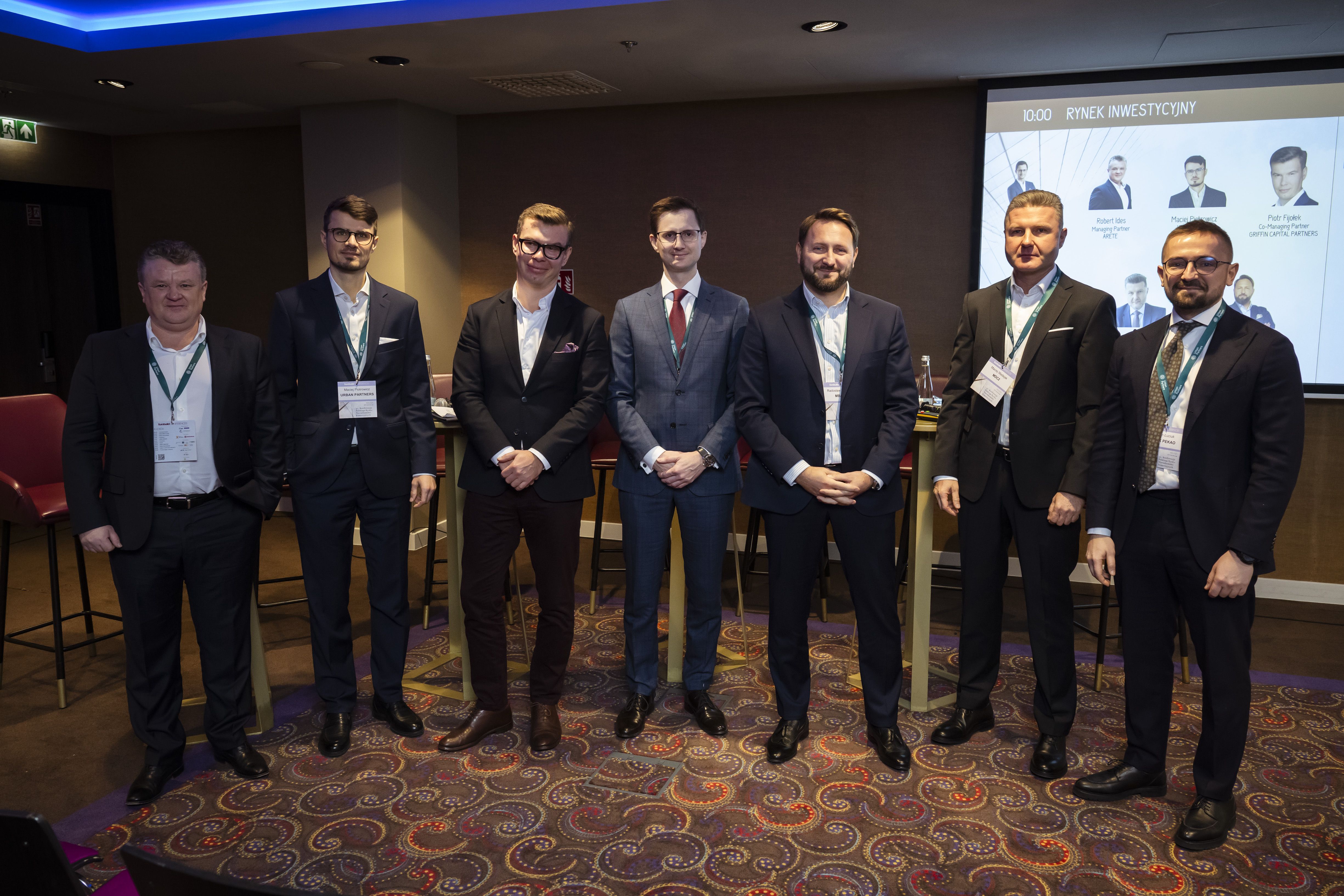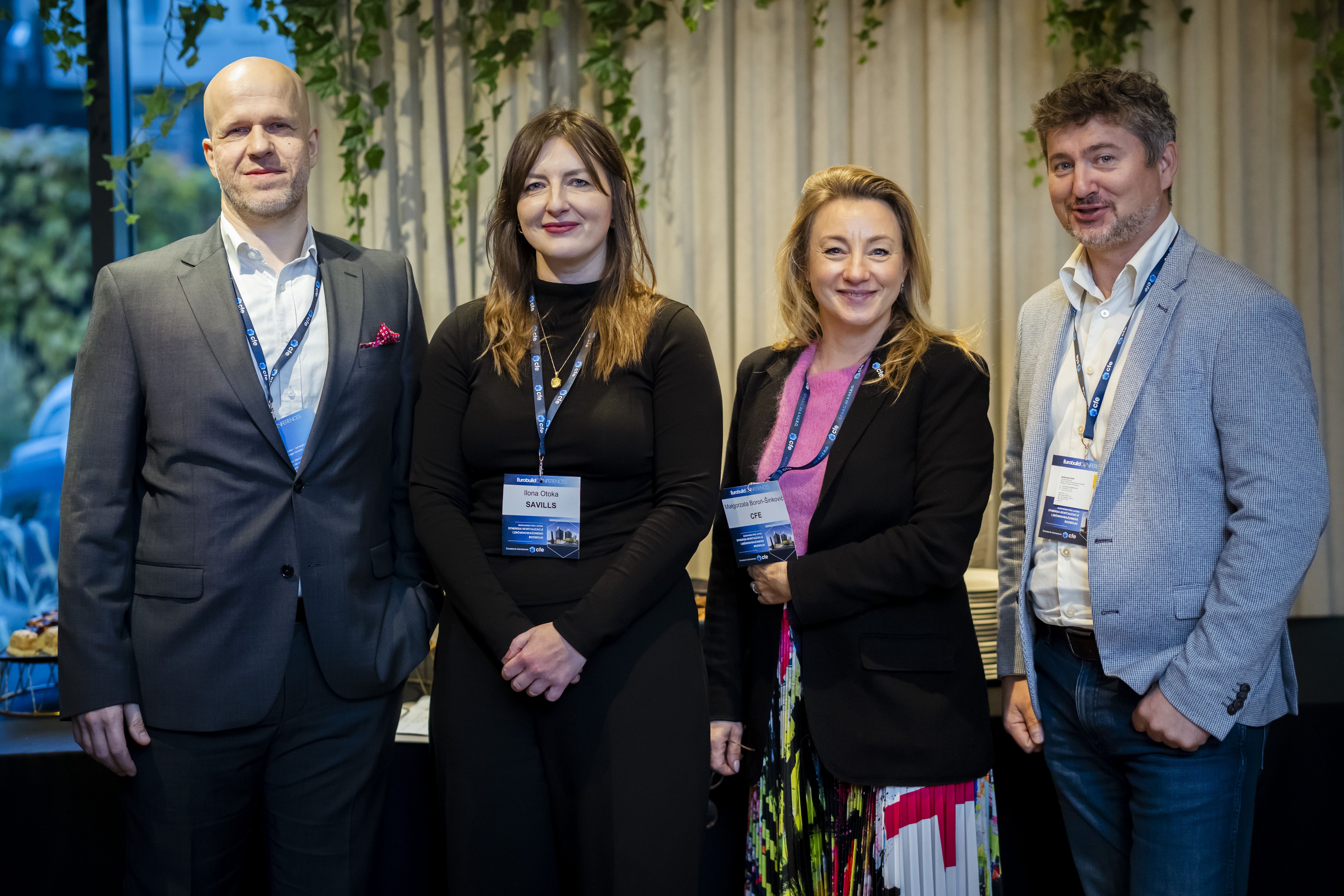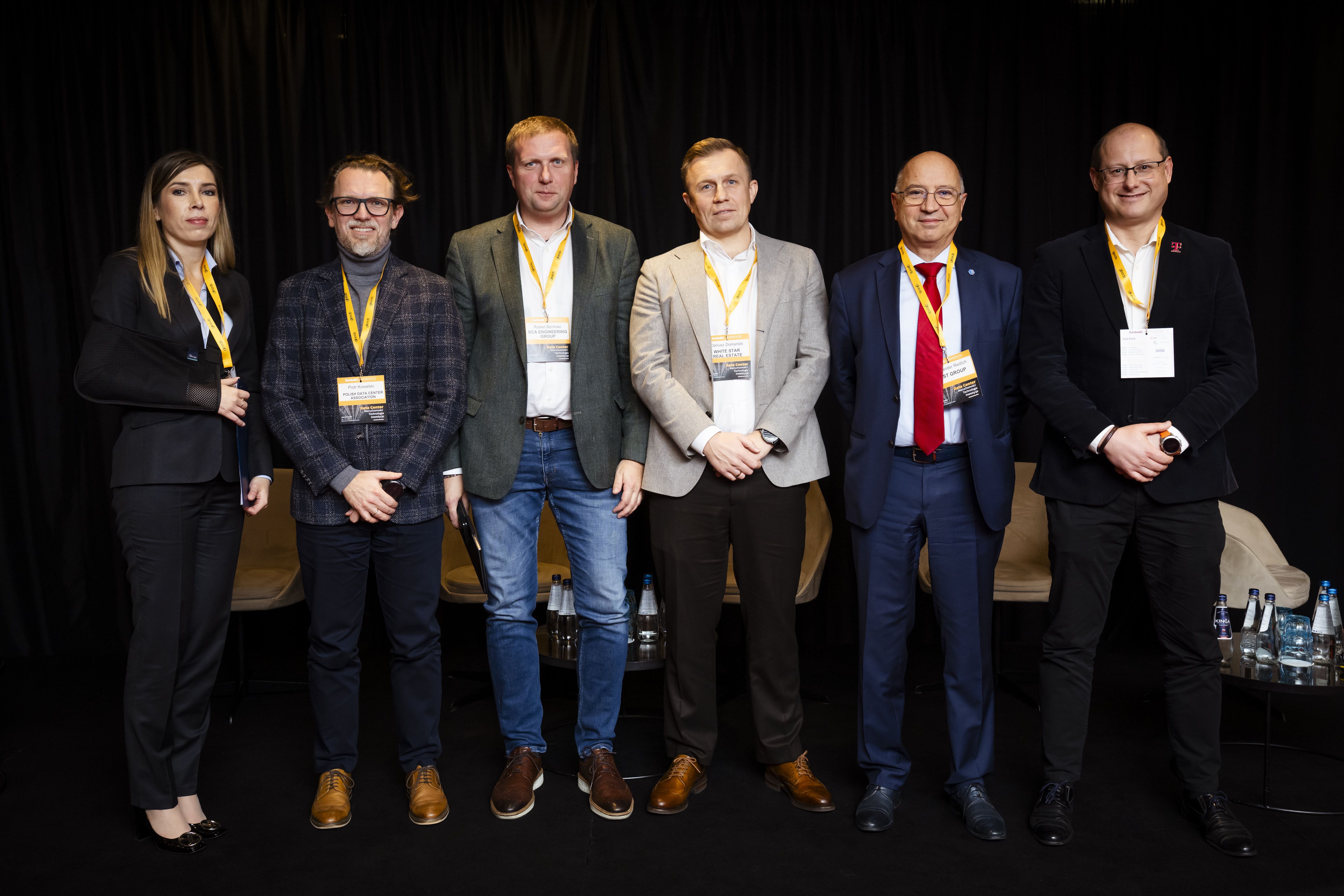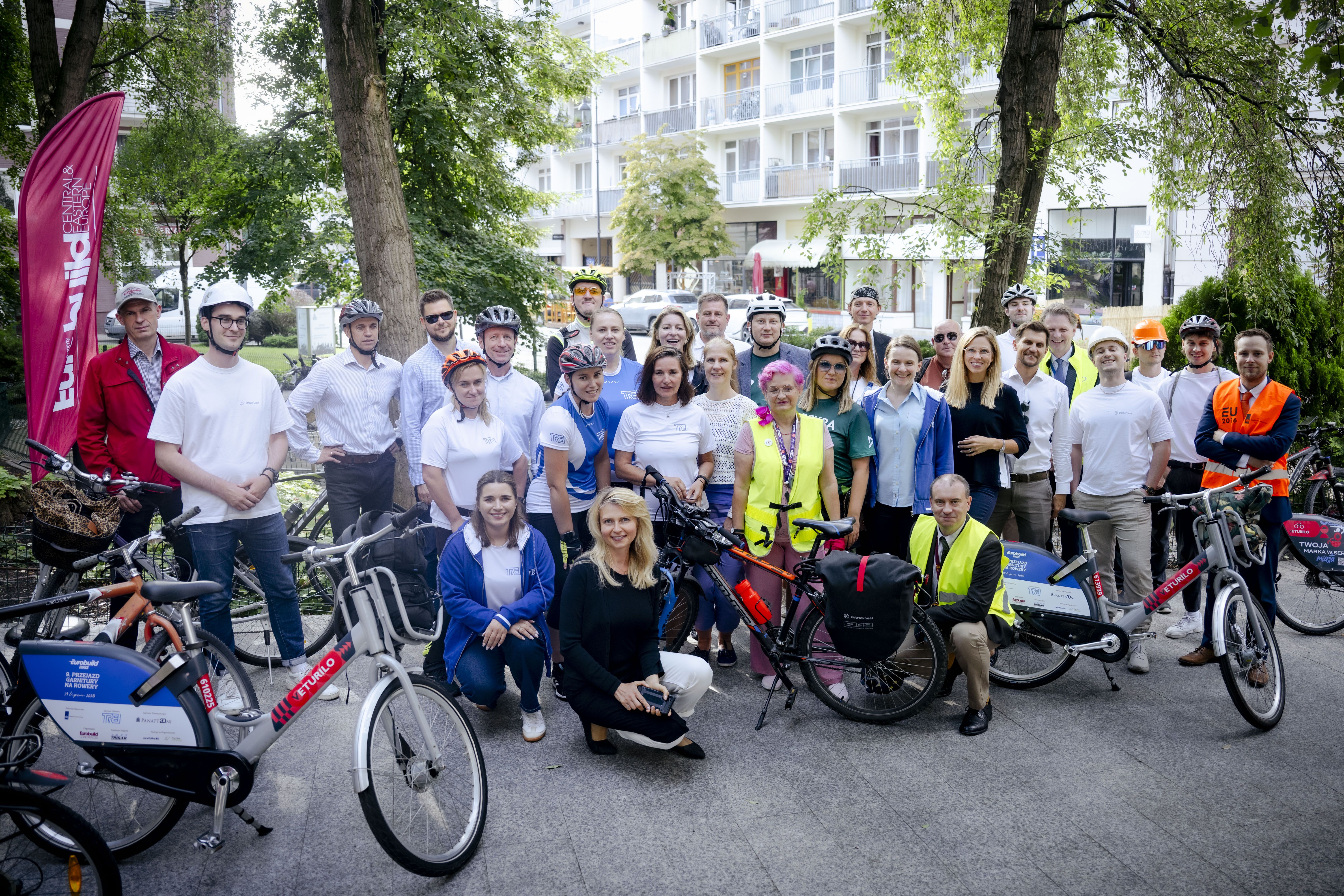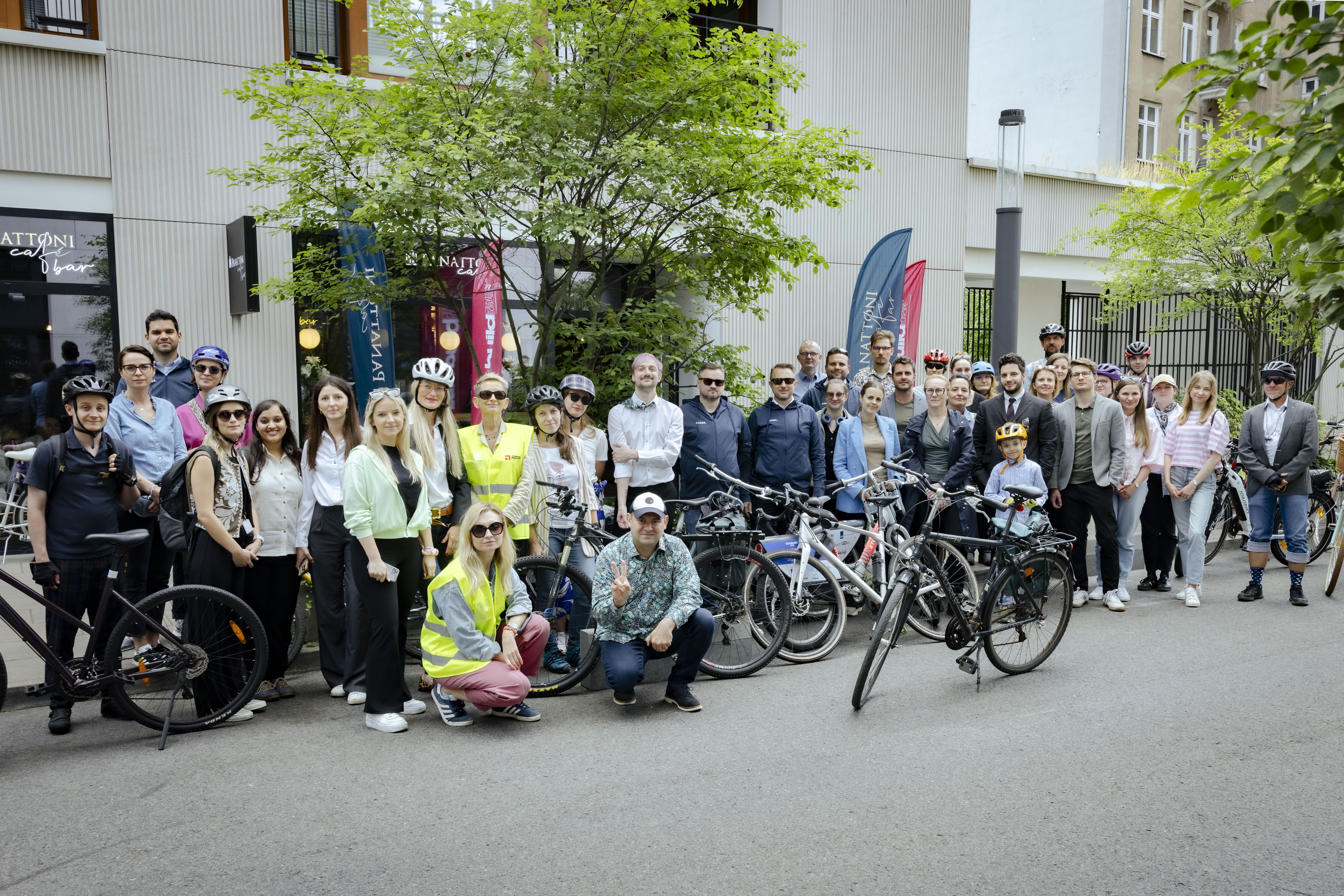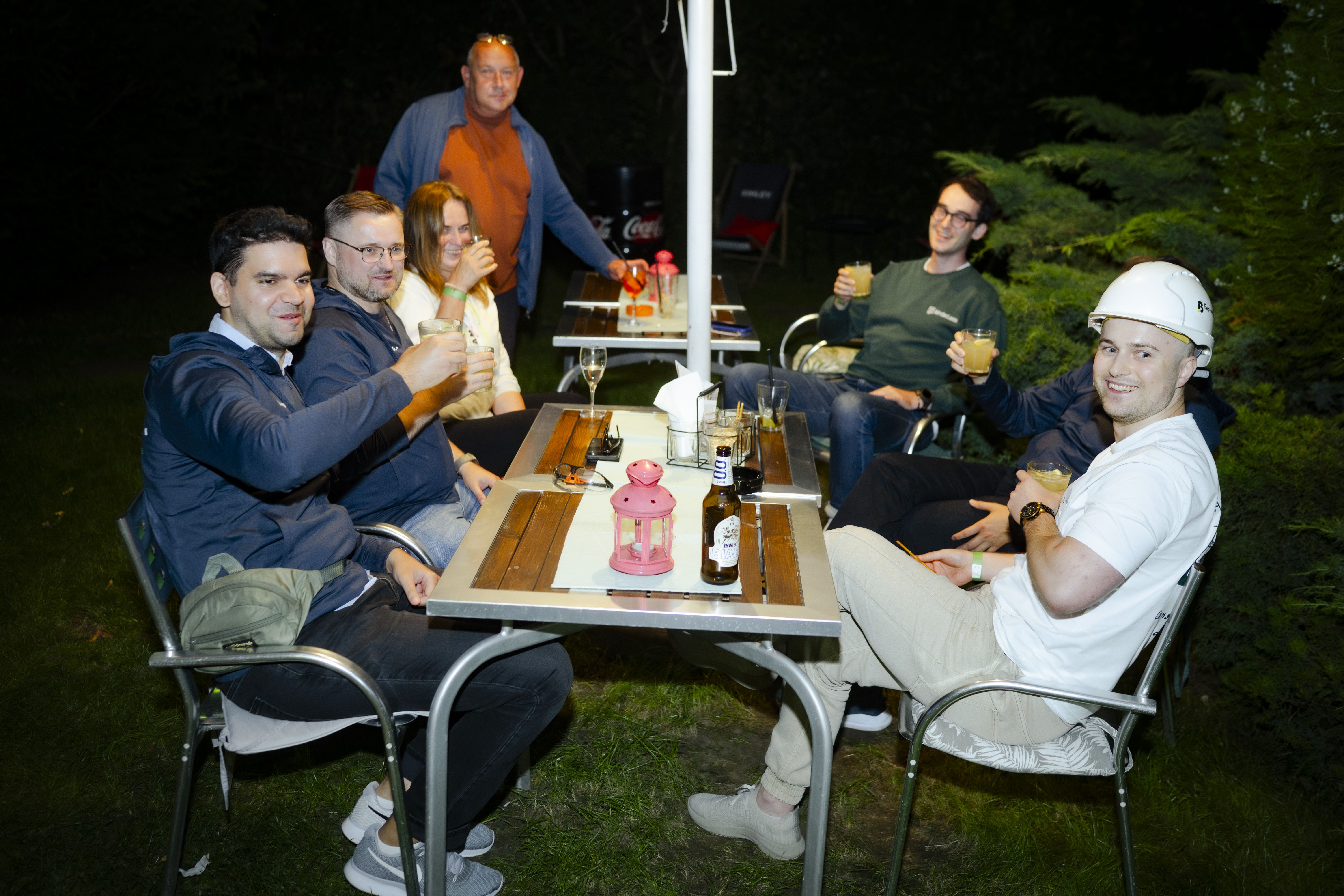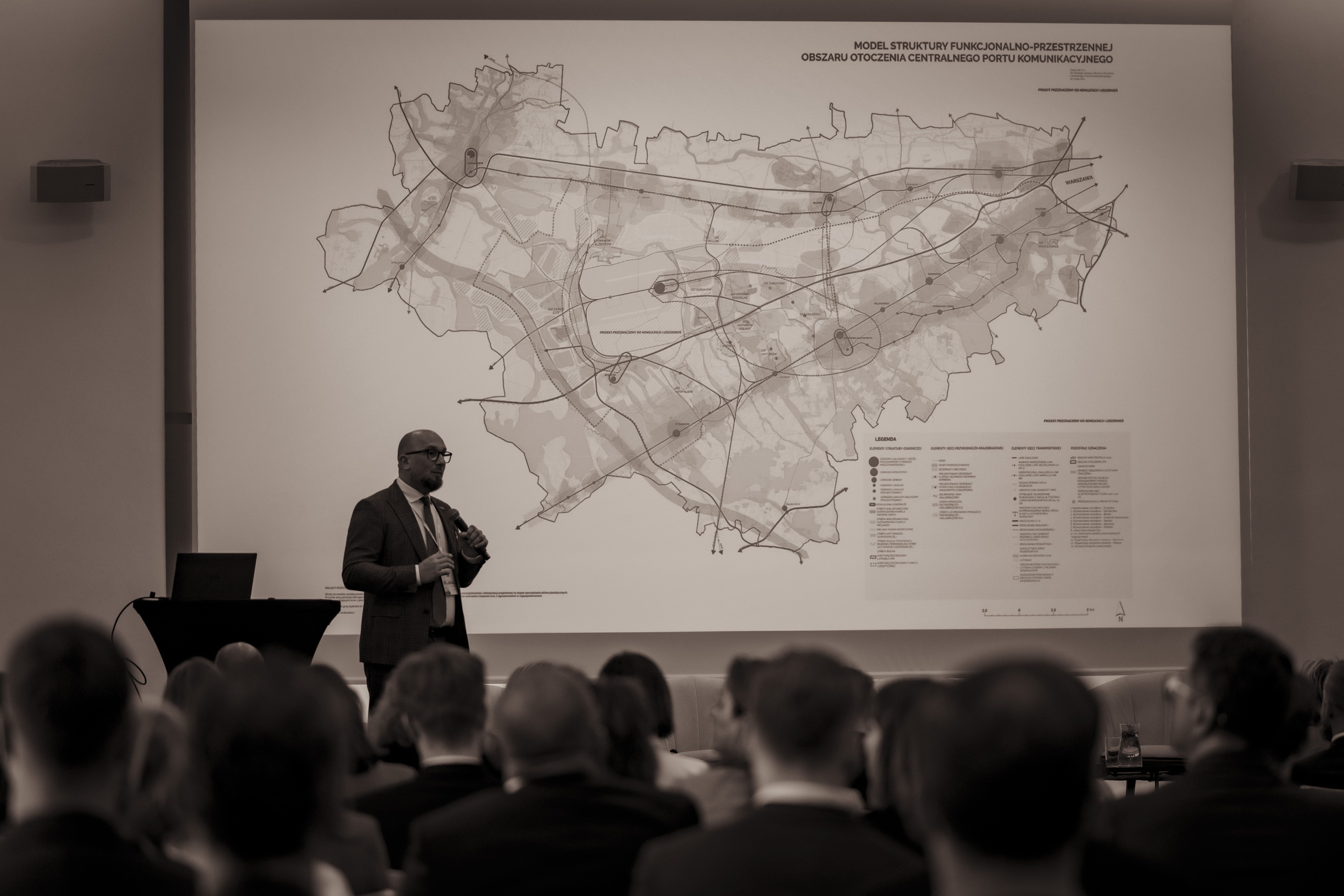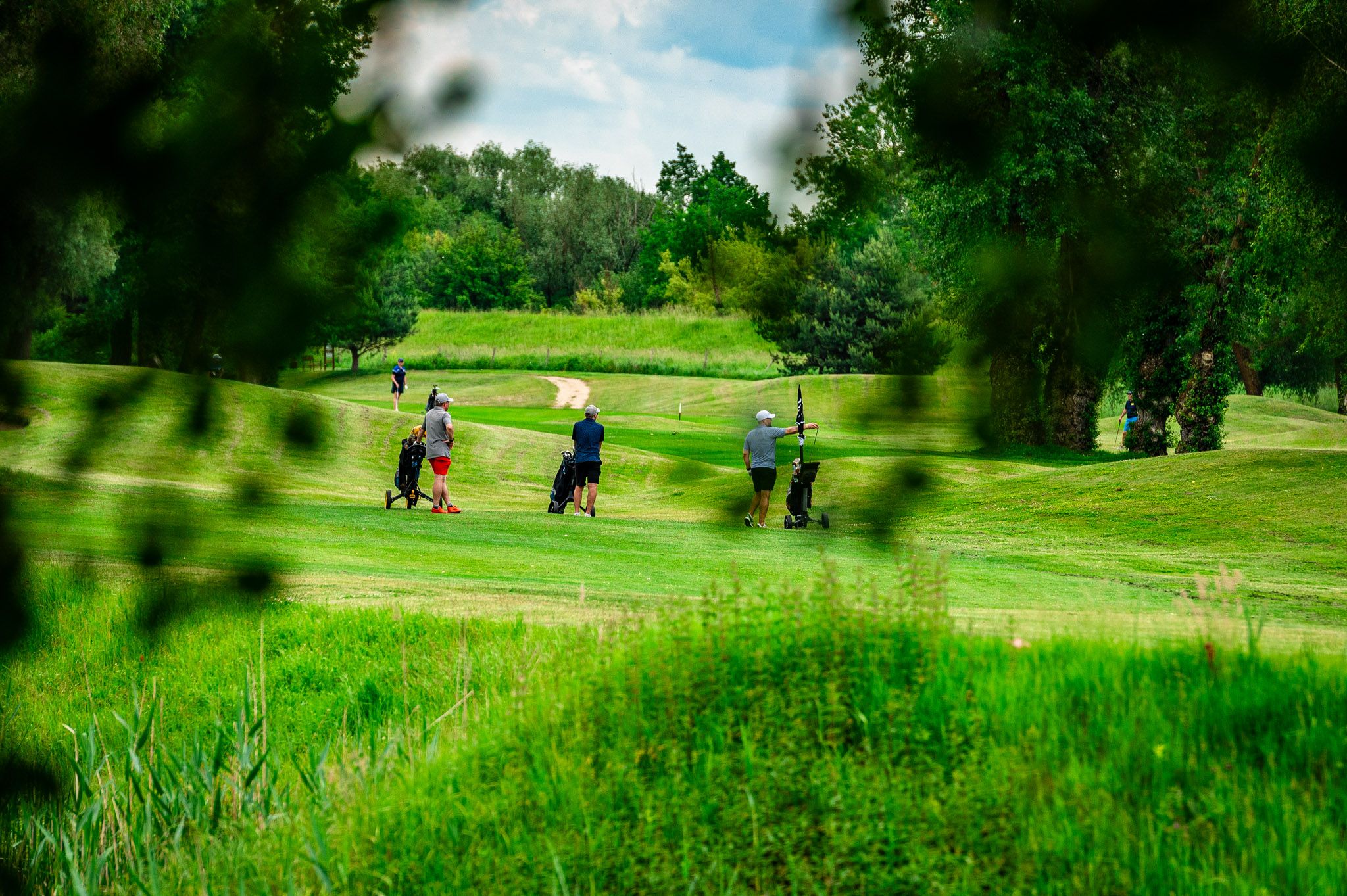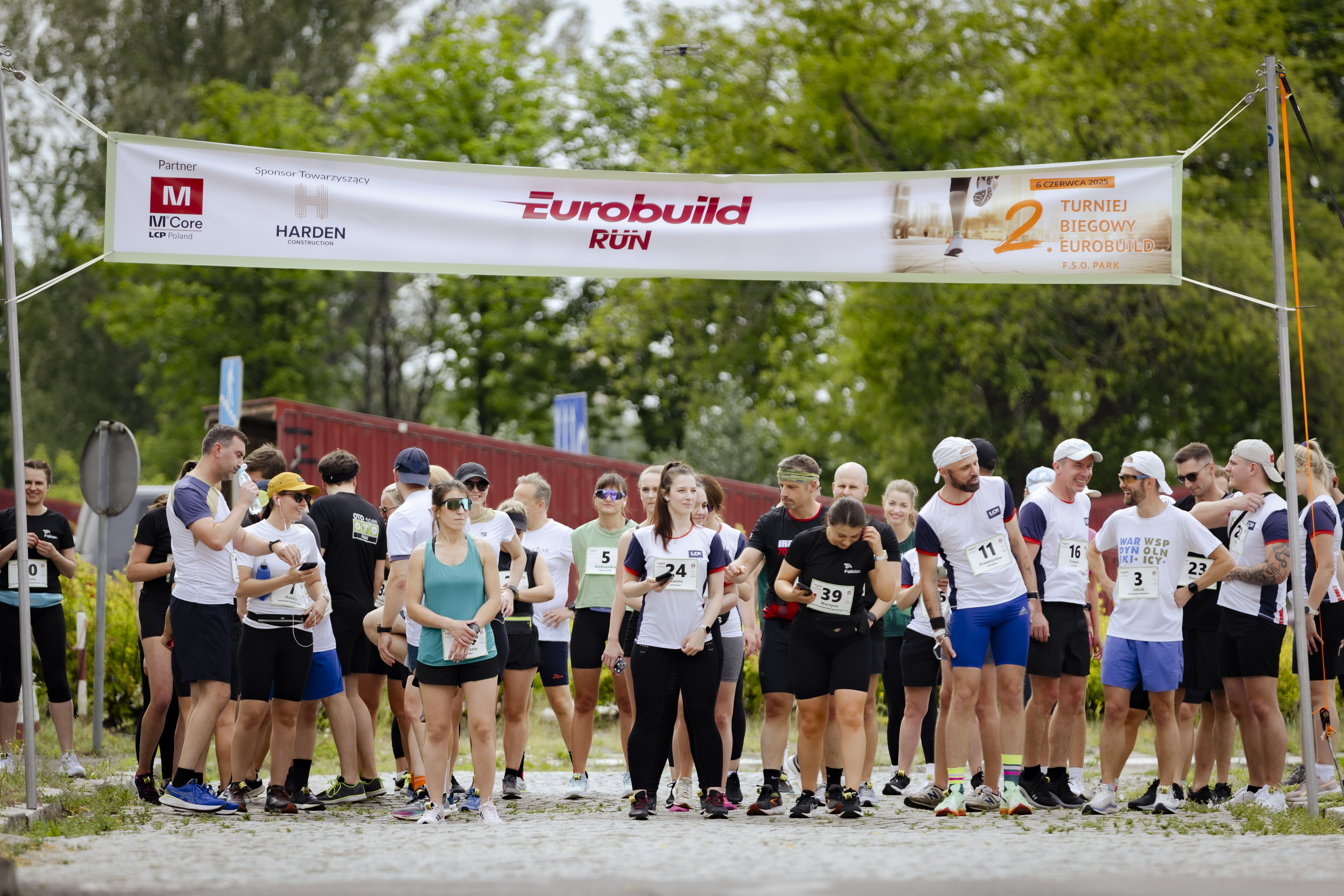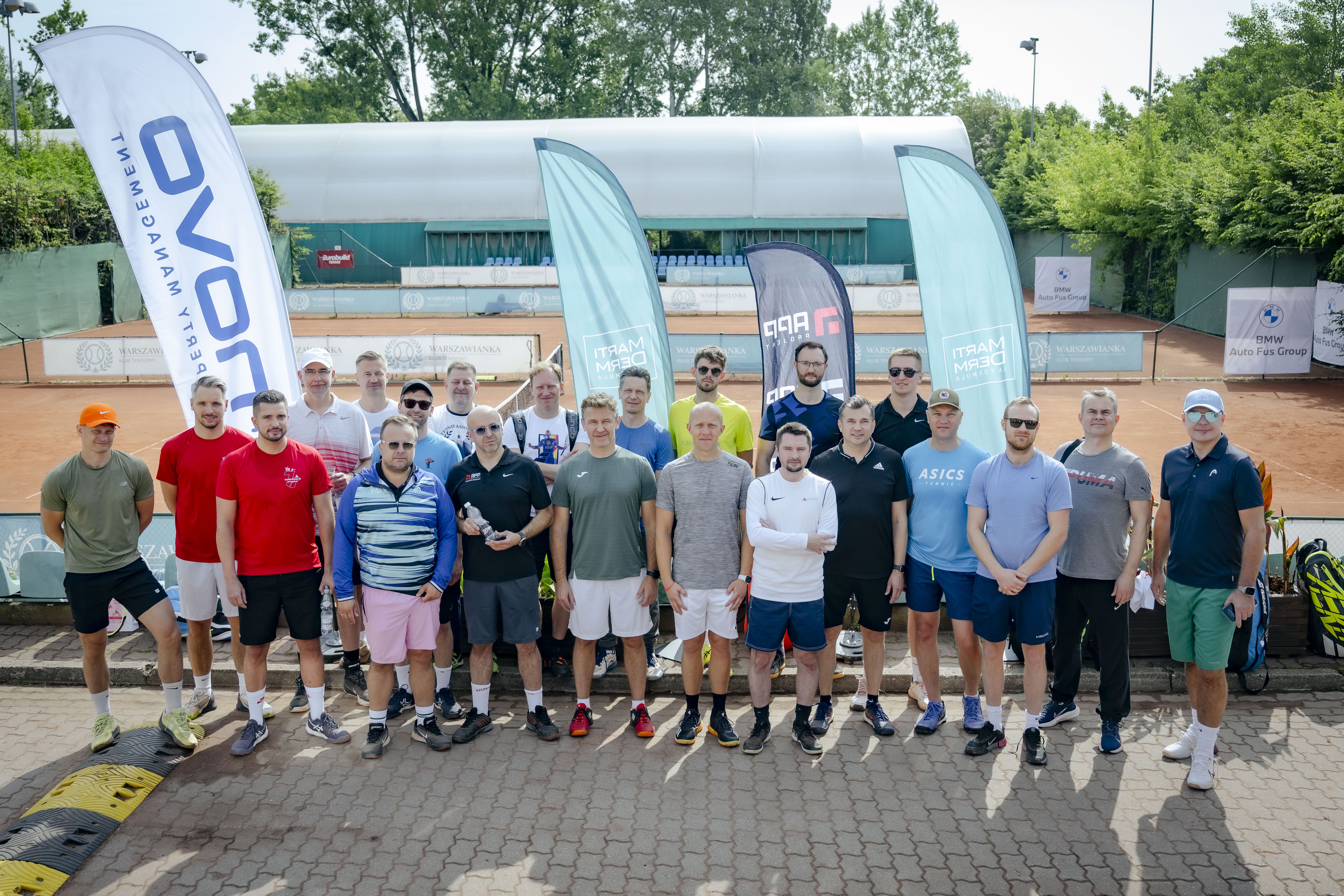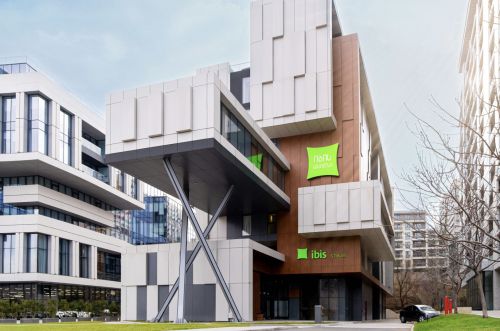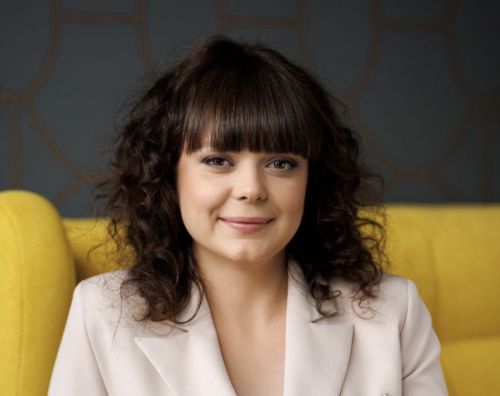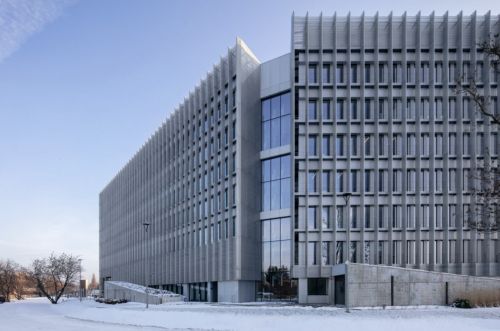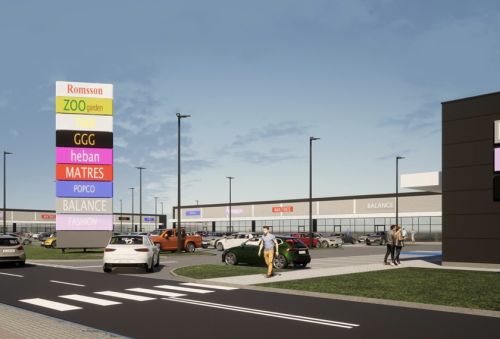Wet suits on bikes
schedule 31 May 2019
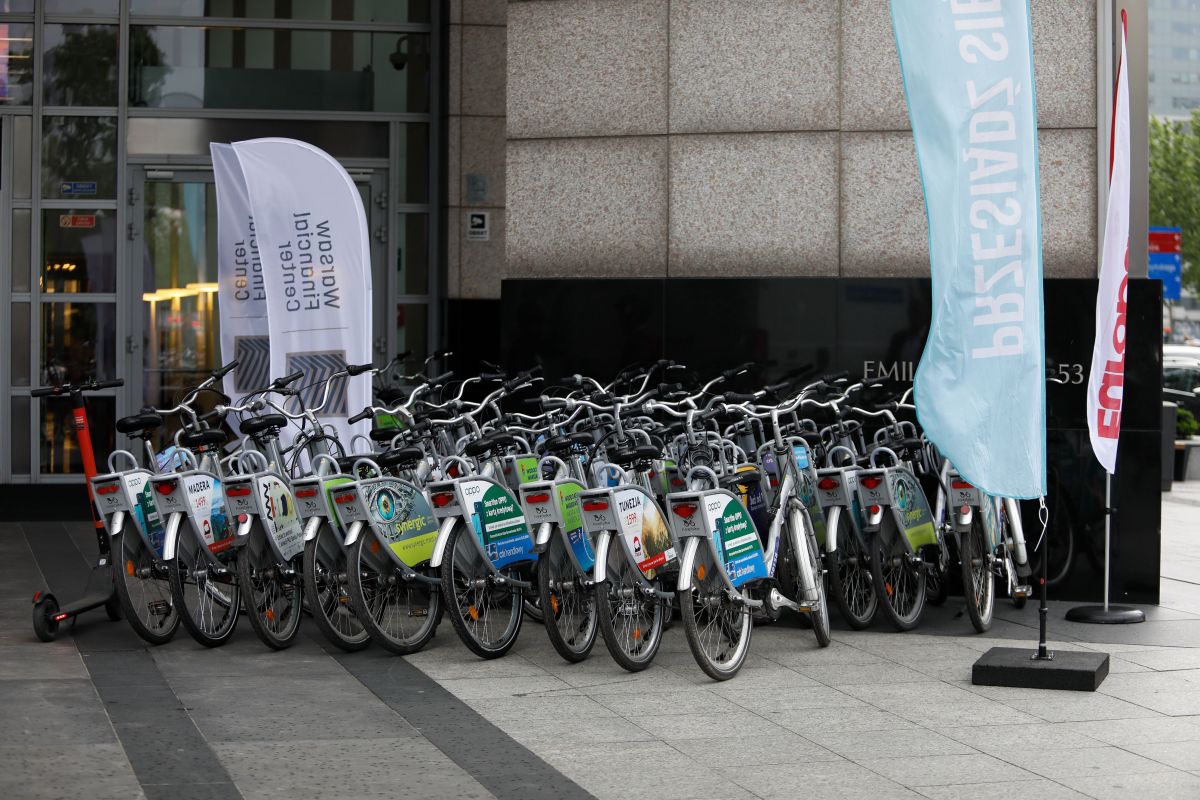
1 / 42
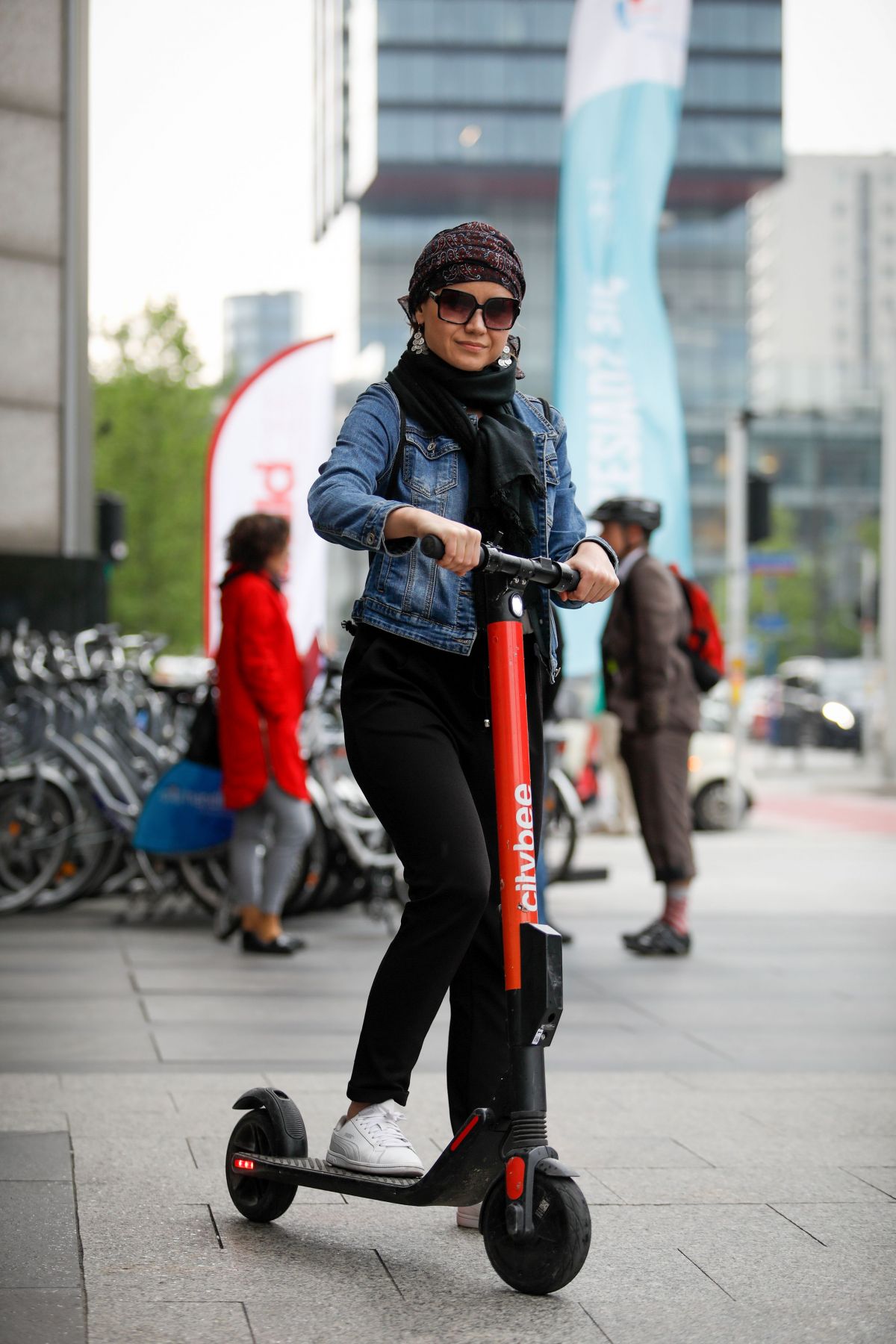
2 / 42
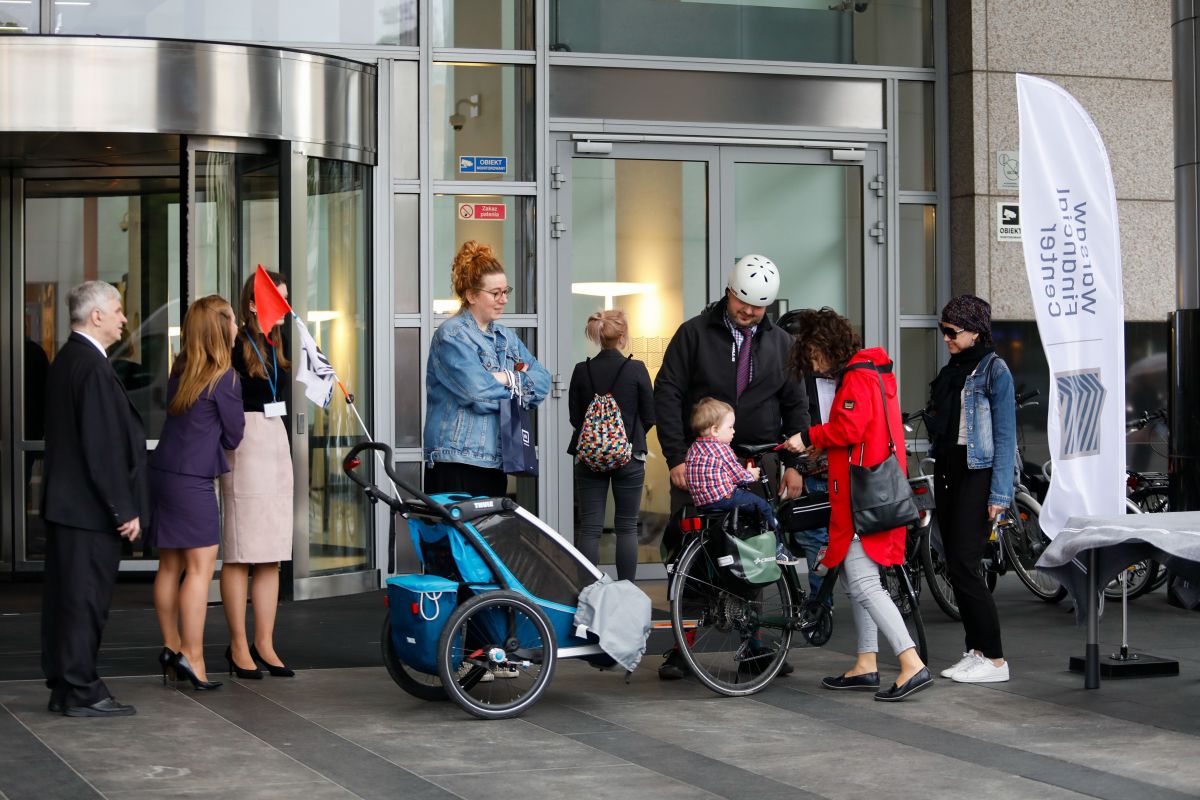
3 / 42
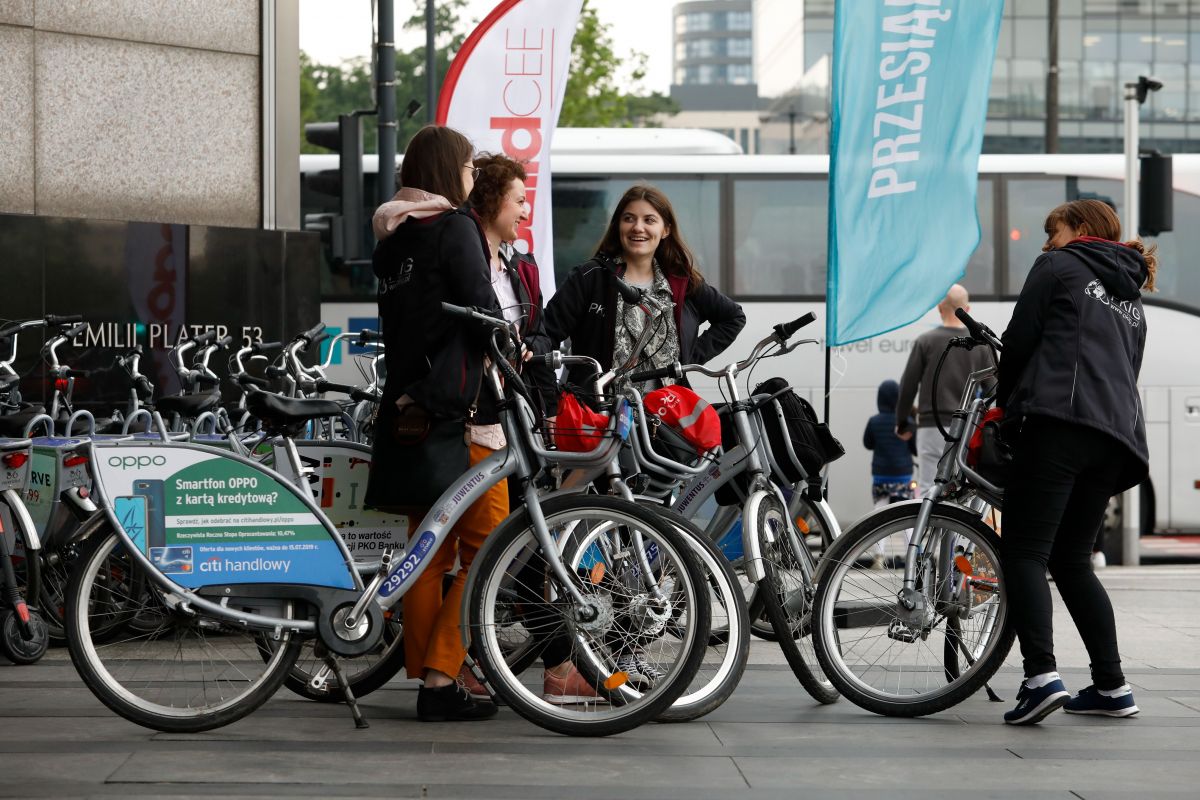
4 / 42
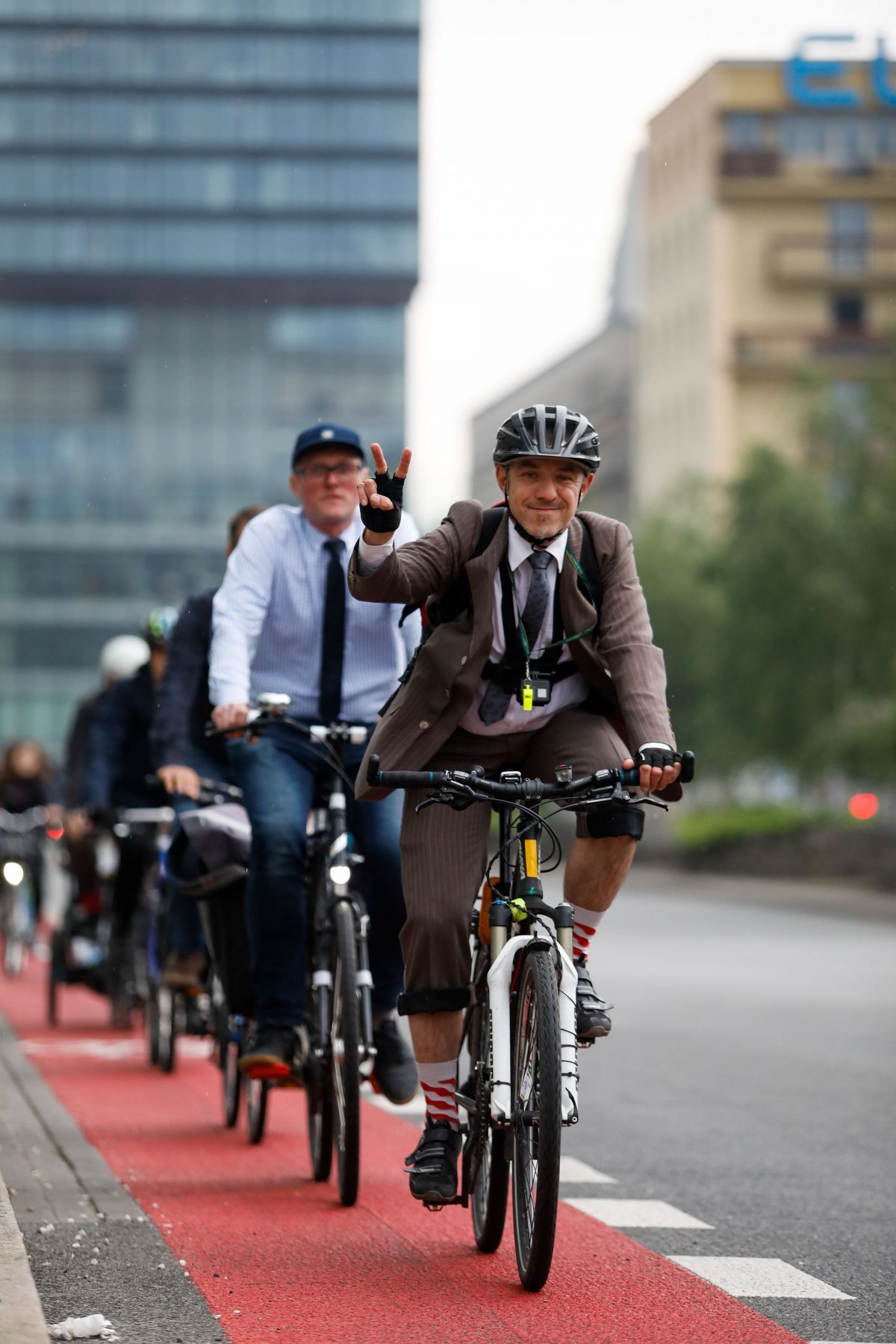
5 / 42
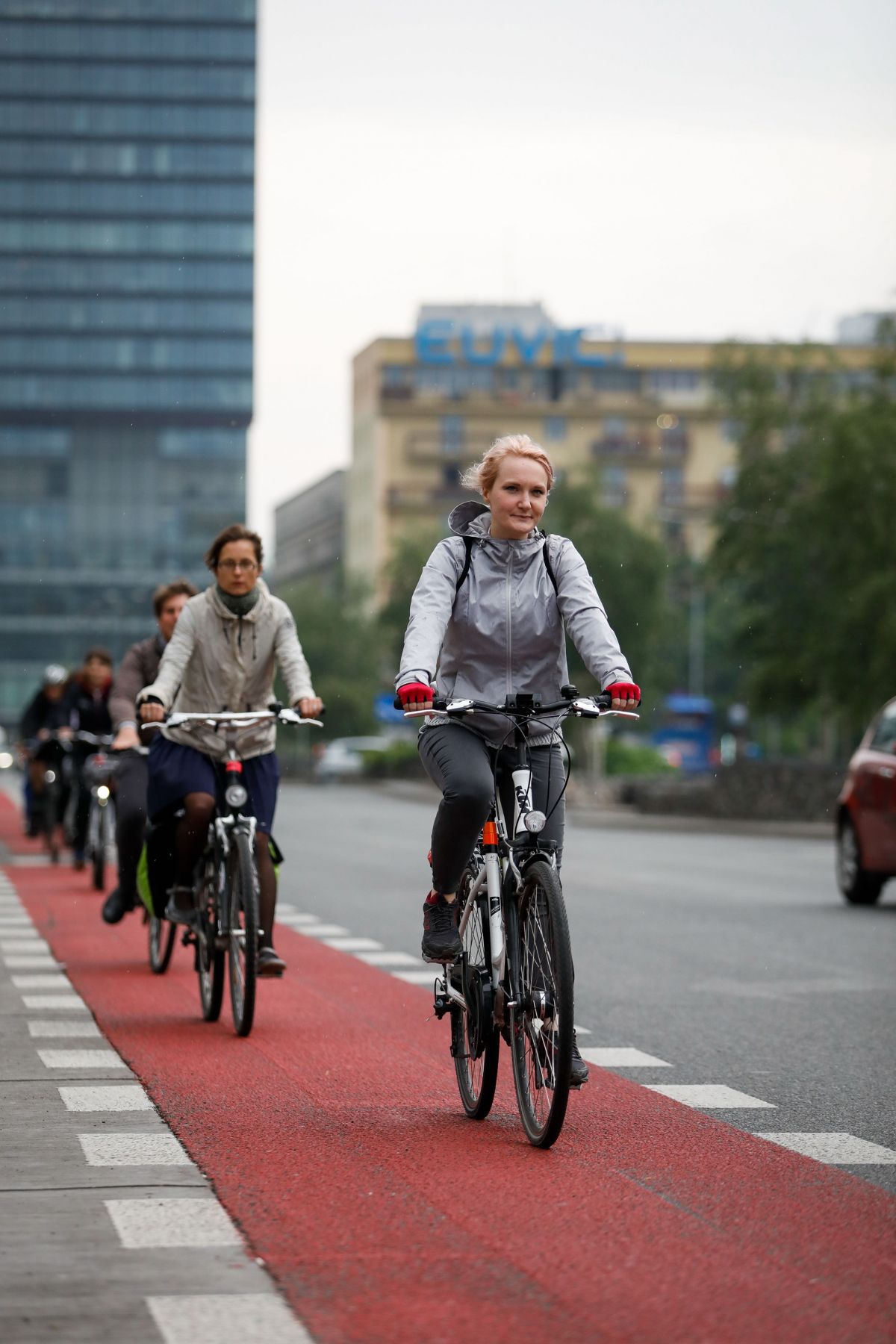
6 / 42
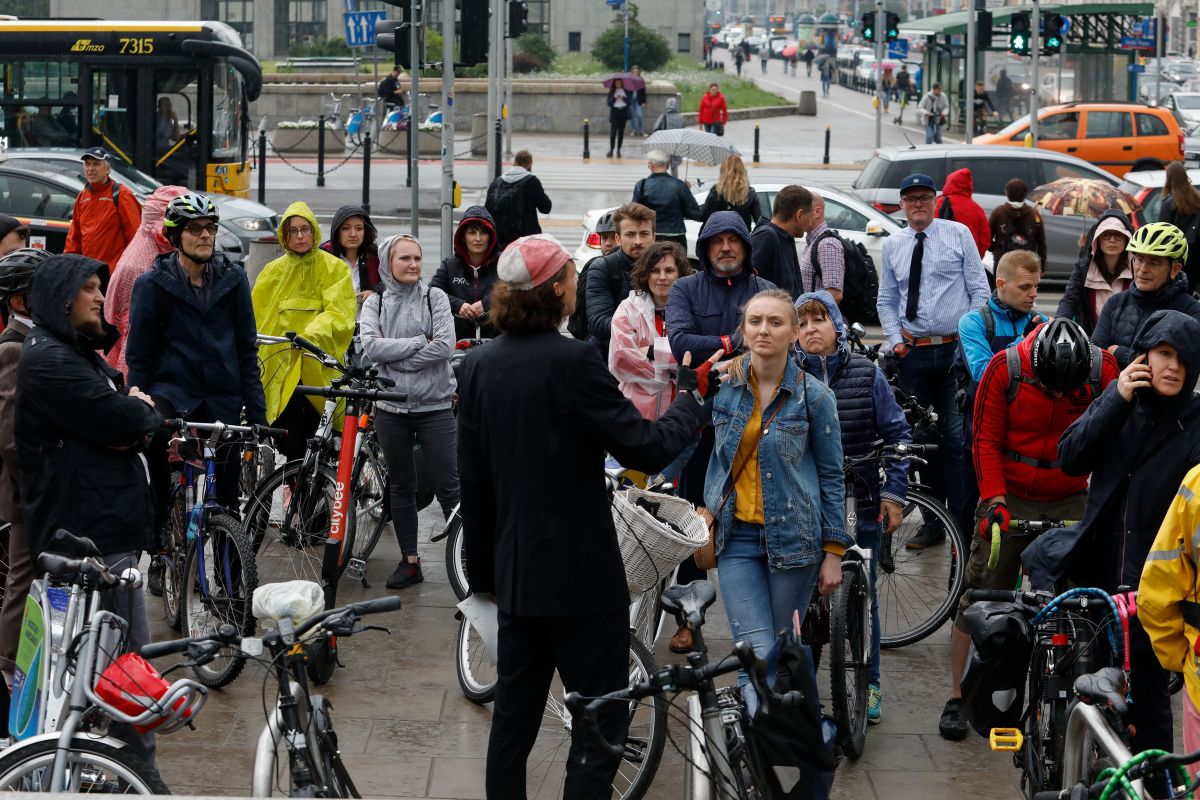
7 / 42
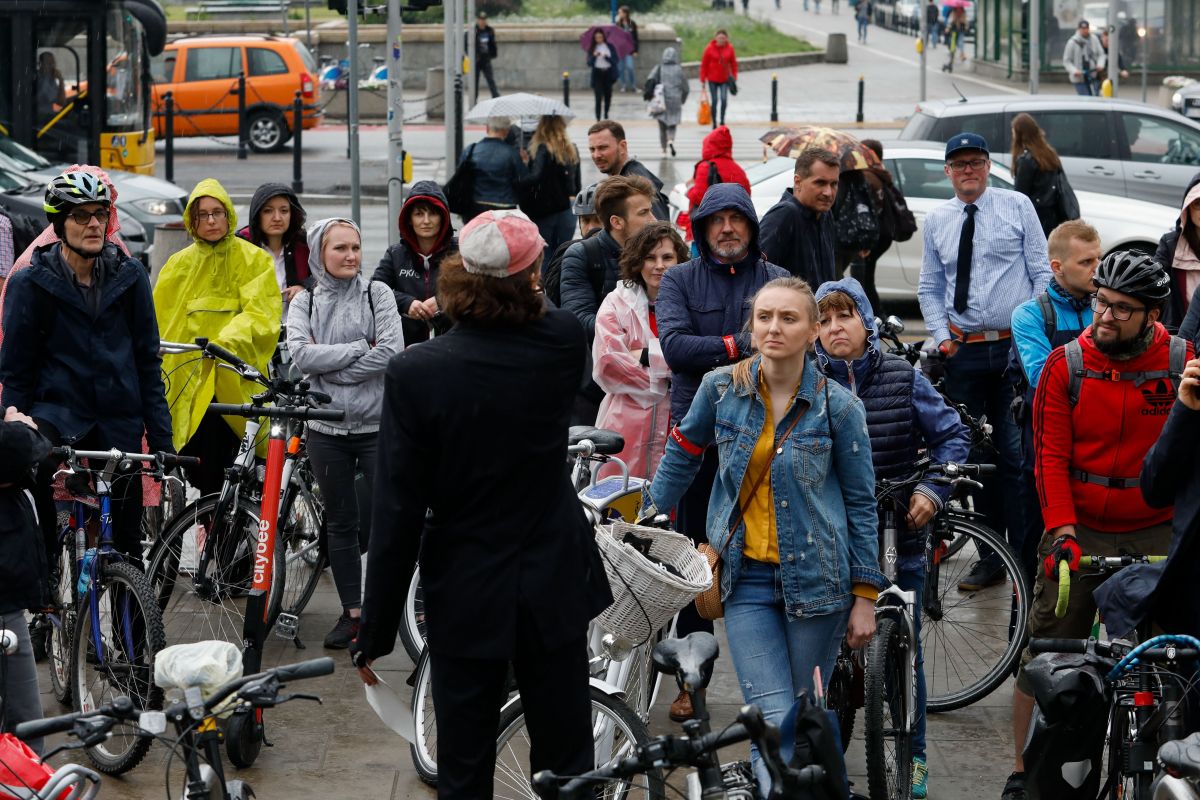
8 / 42
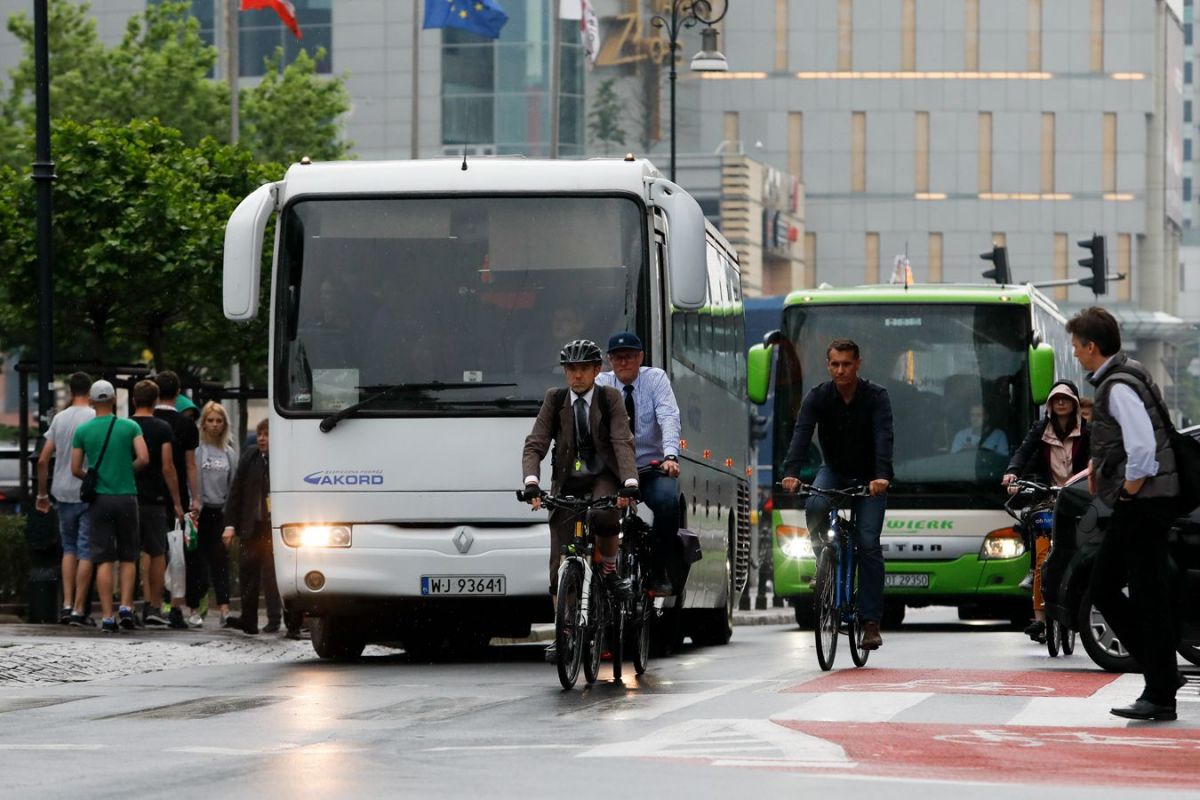
9 / 42
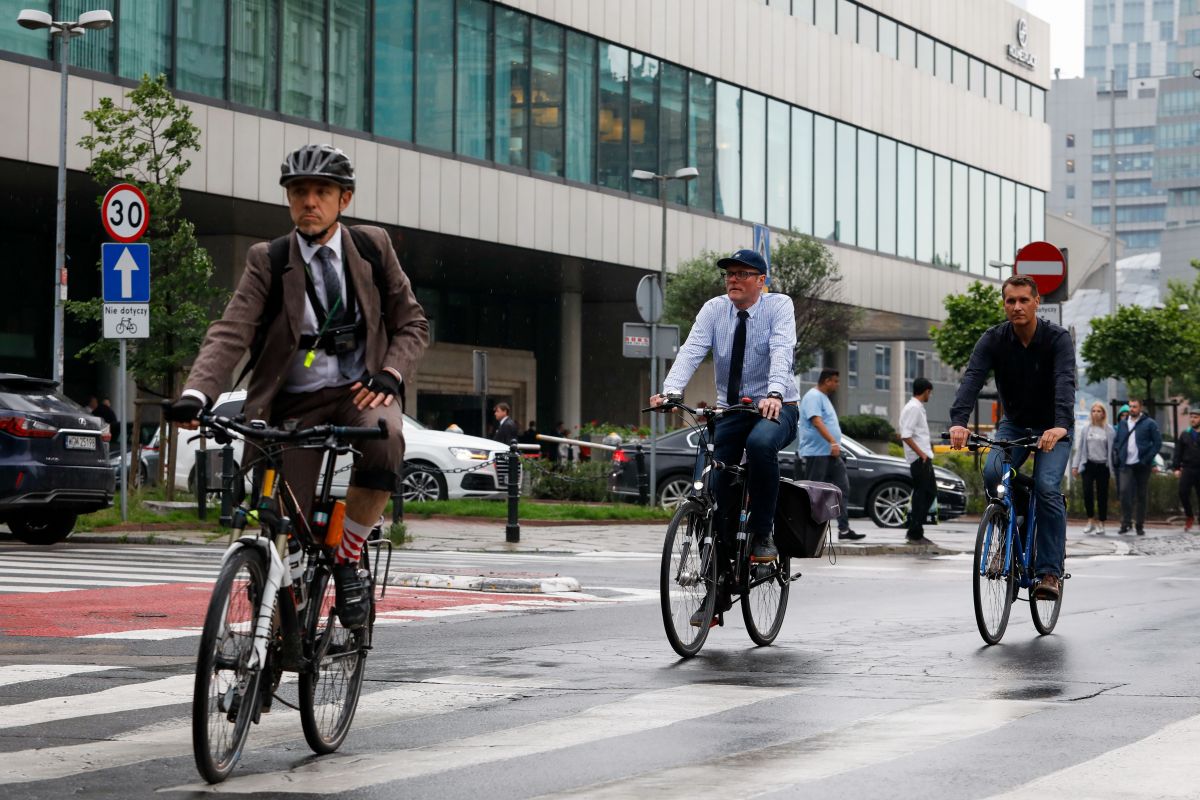
10 / 42
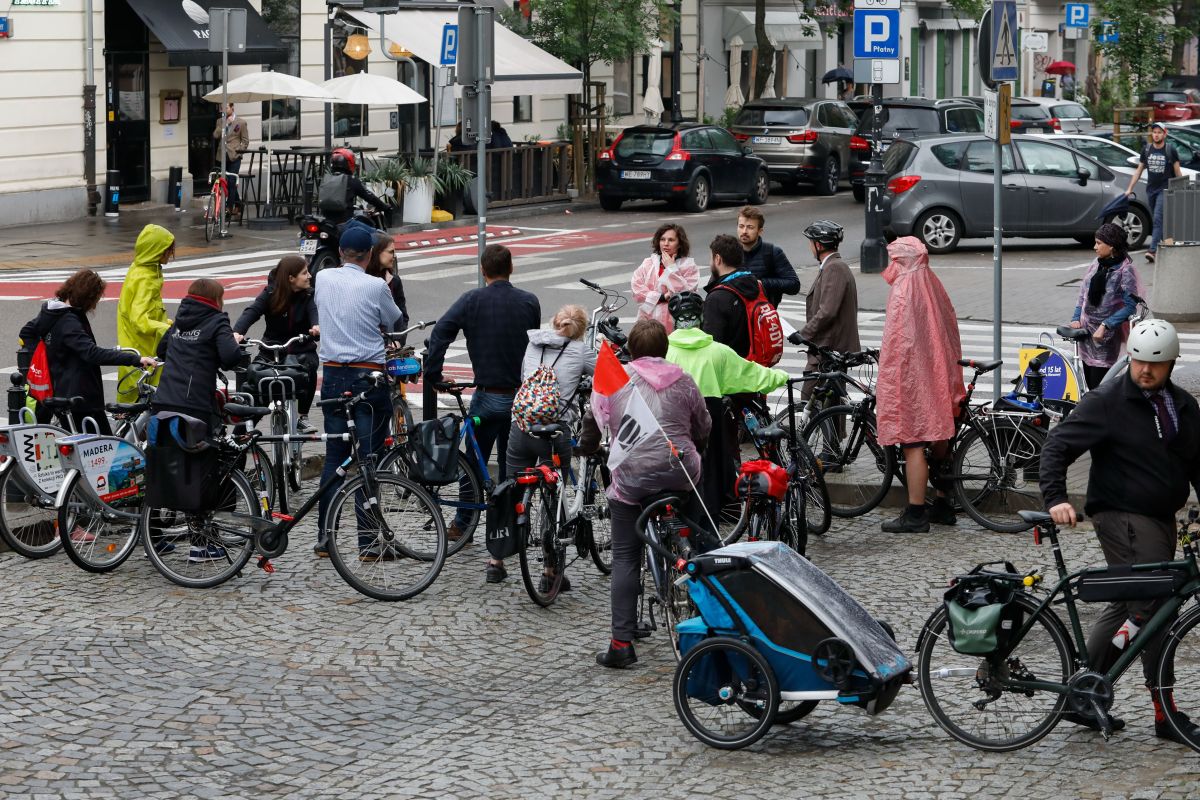
11 / 42
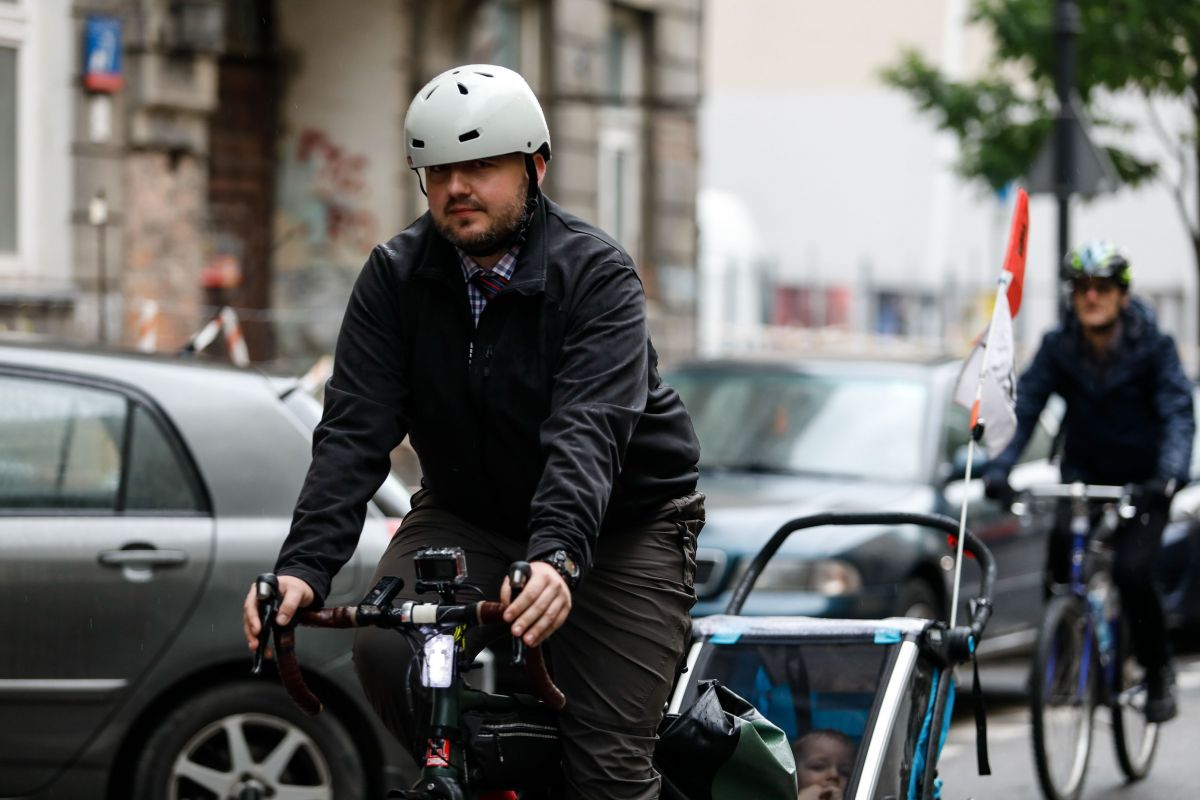
12 / 42
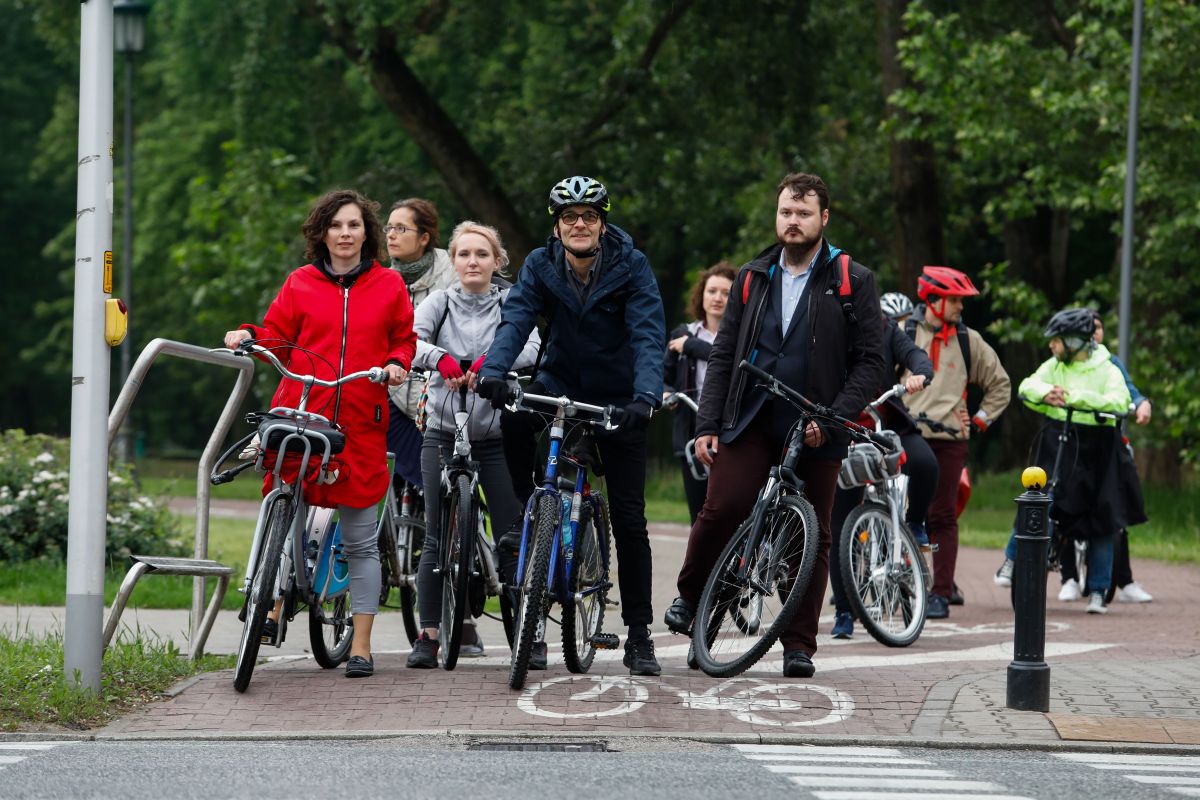
13 / 42
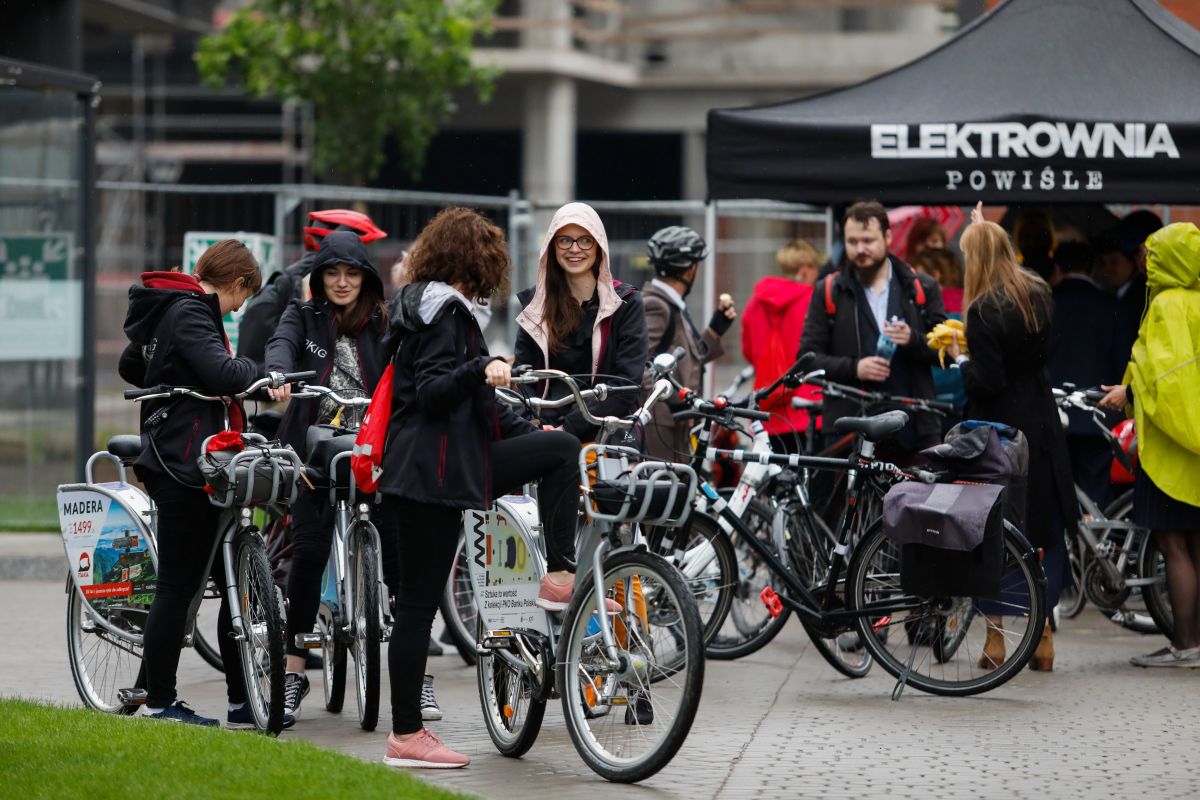
14 / 42
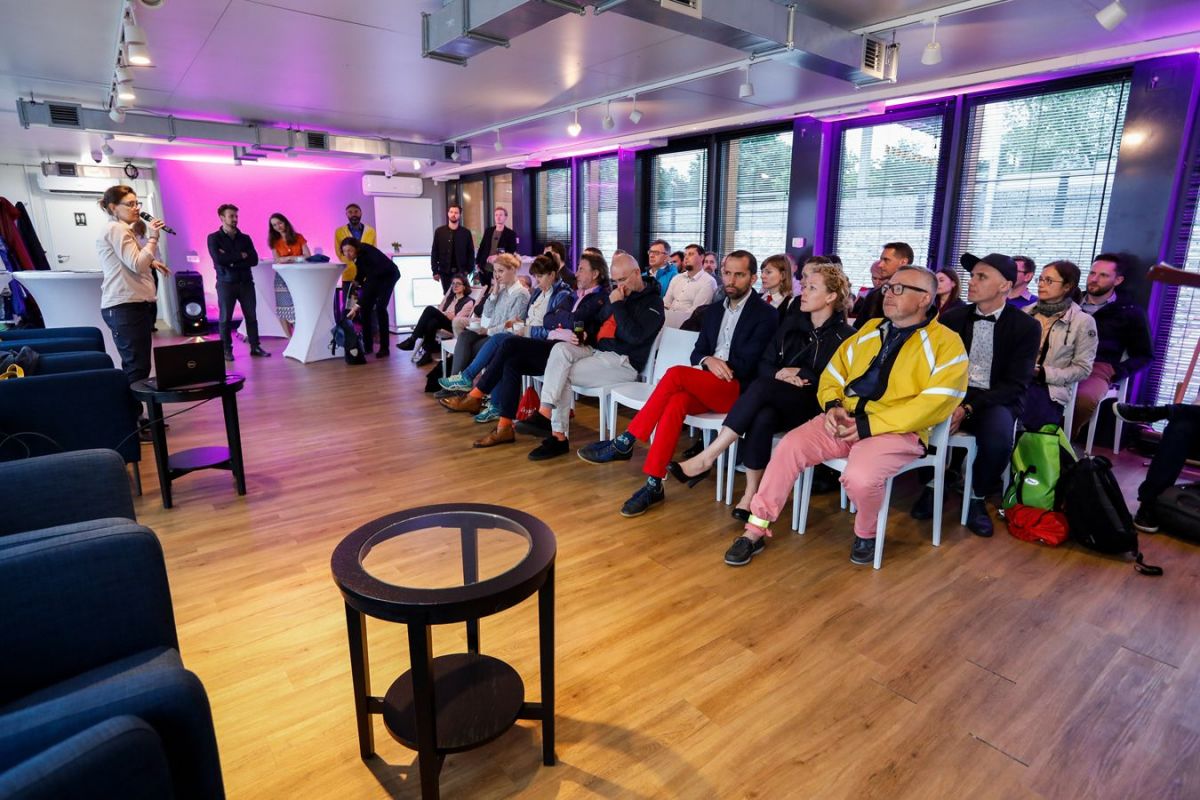
15 / 42
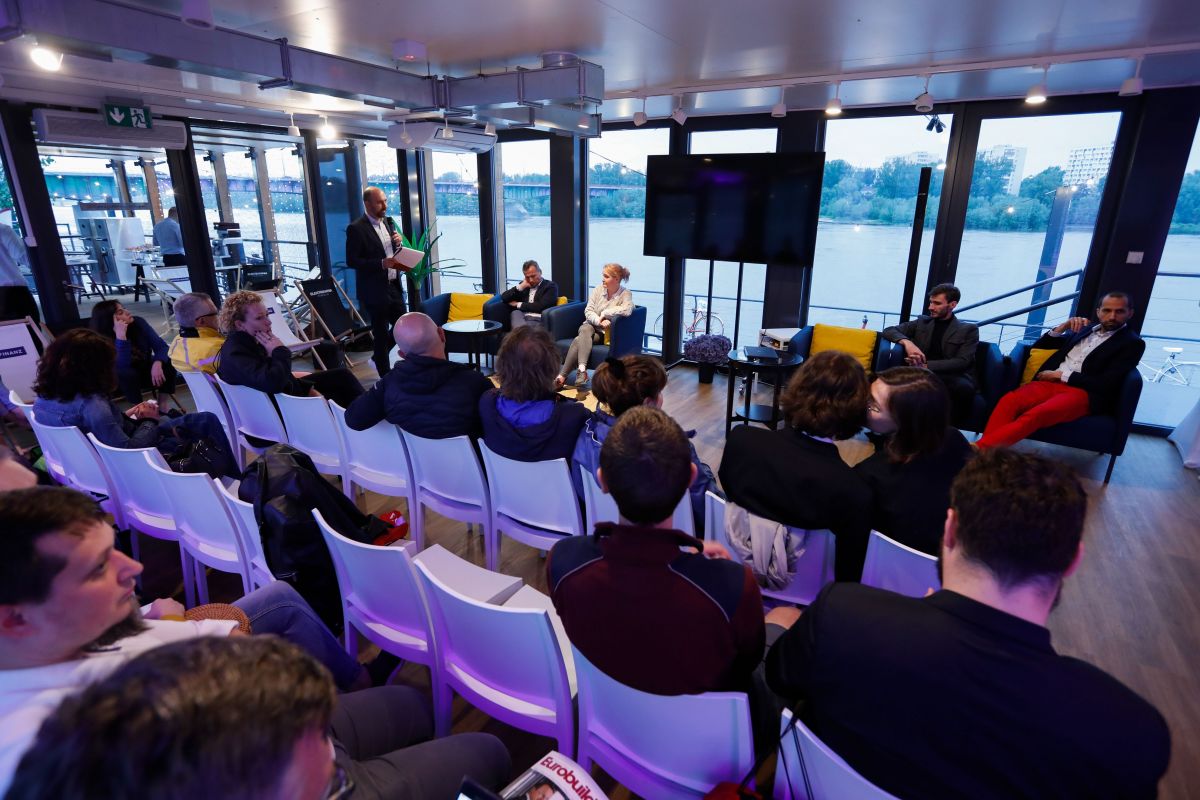
16 / 42
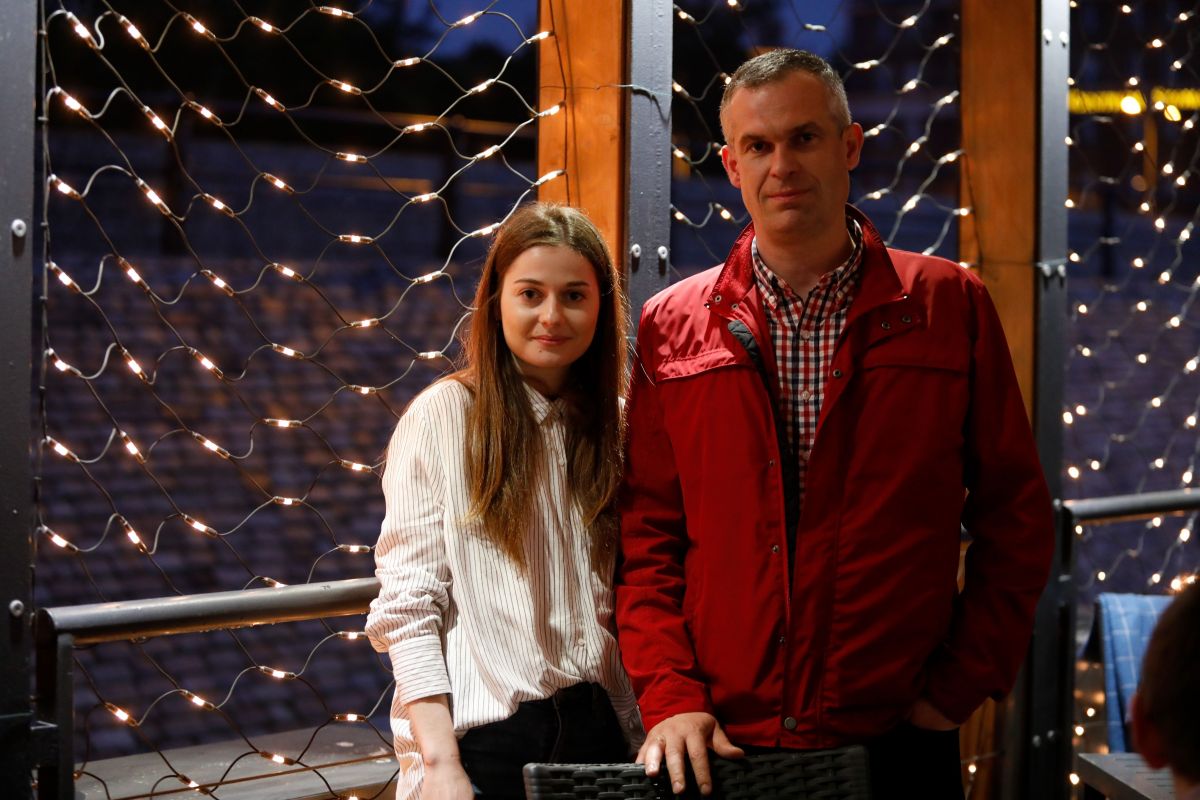
17 / 42
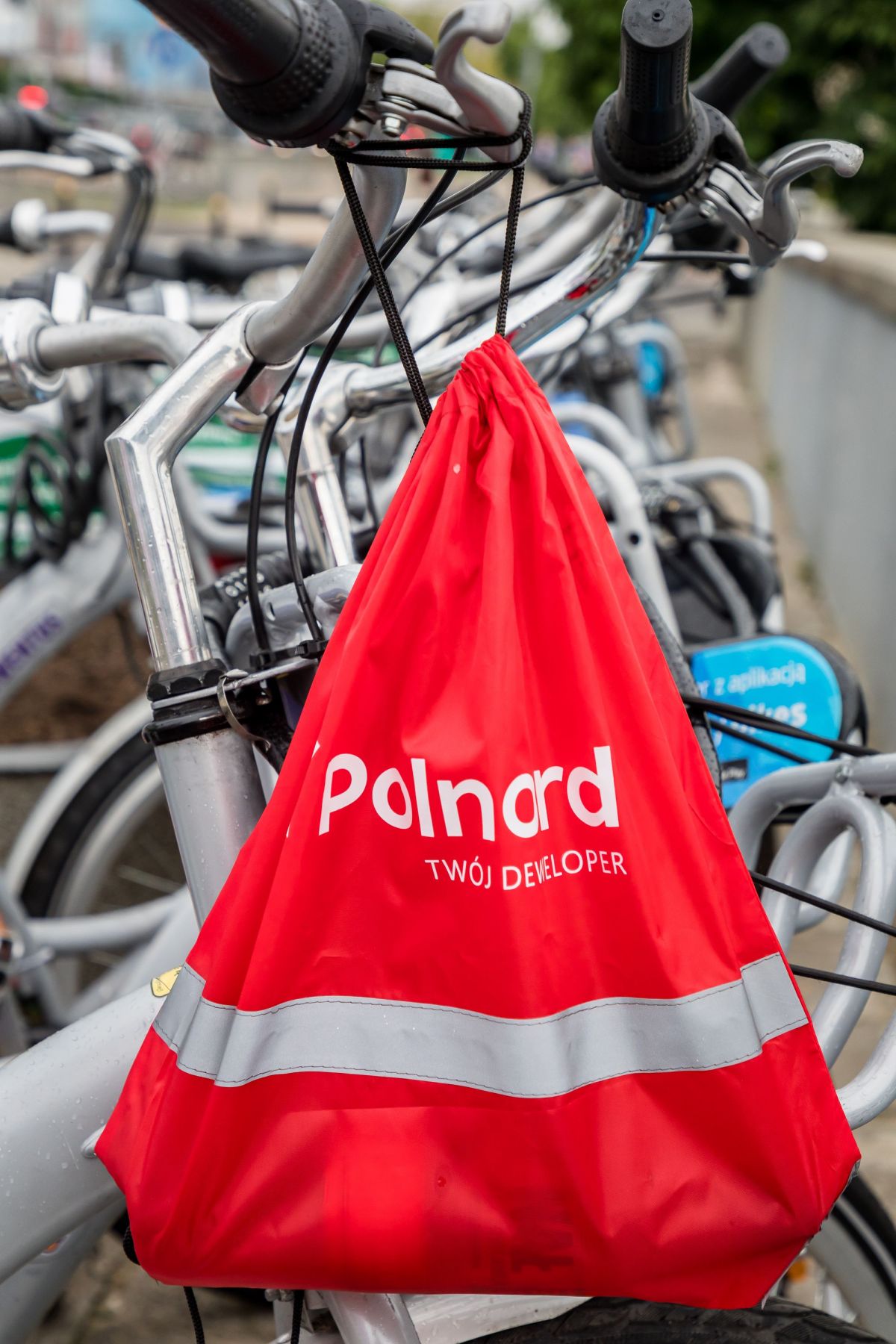
18 / 42
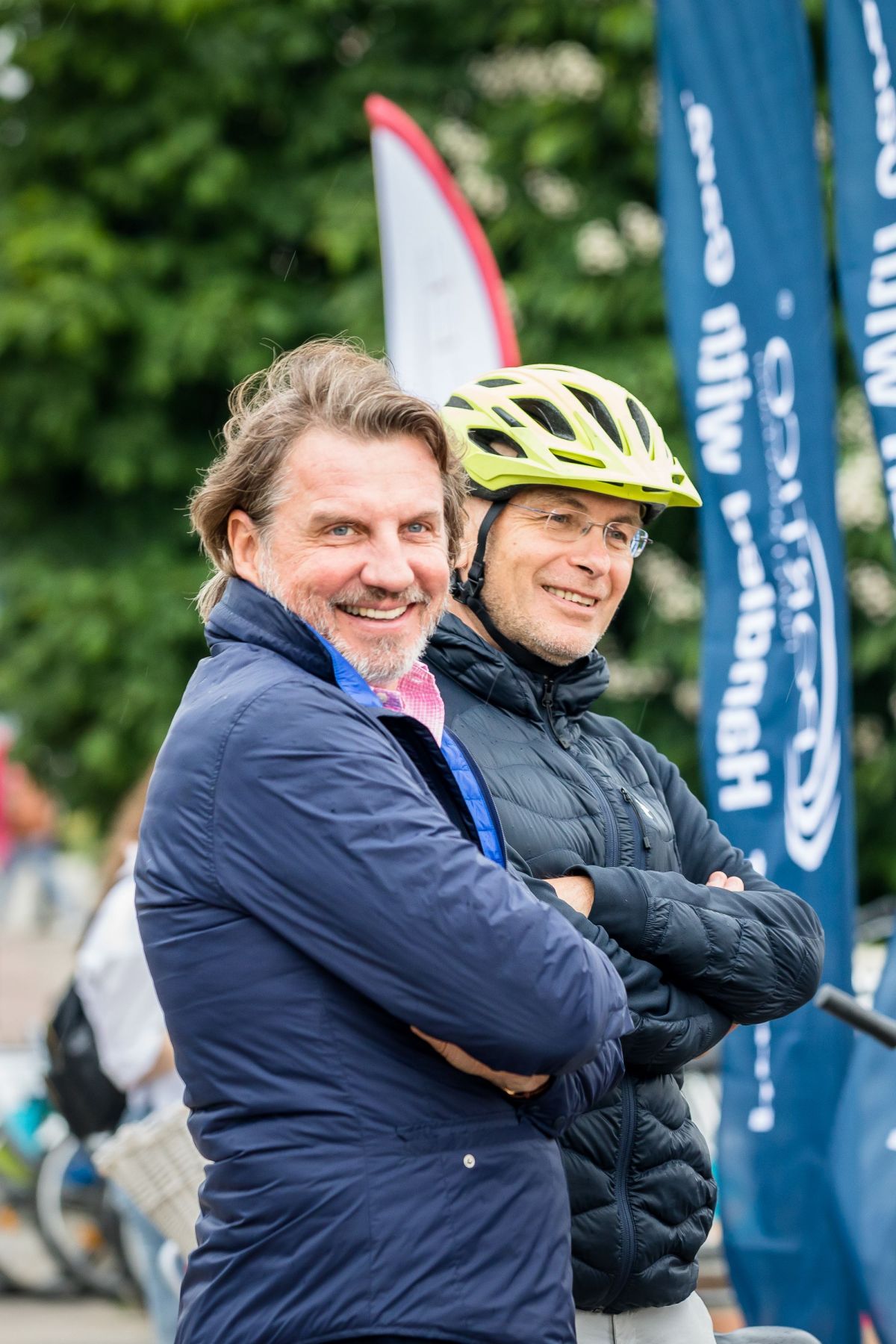
19 / 42
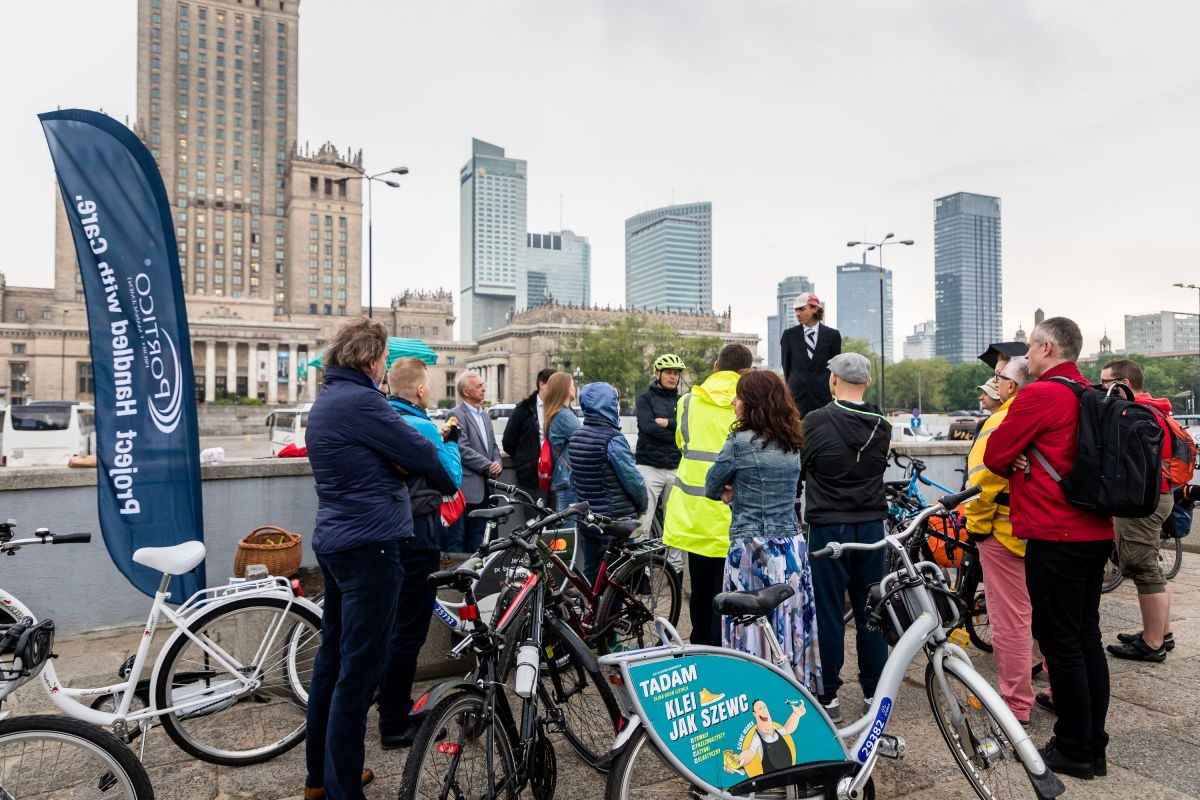
20 / 42
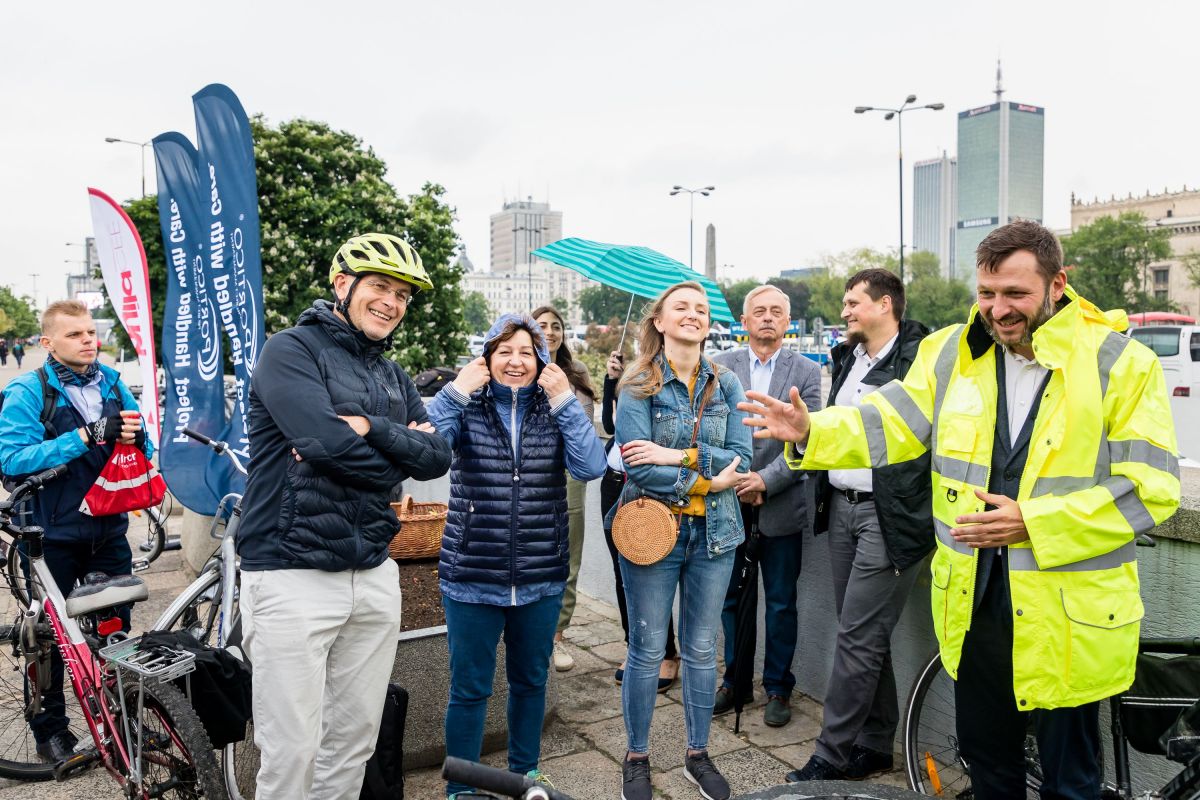
21 / 42
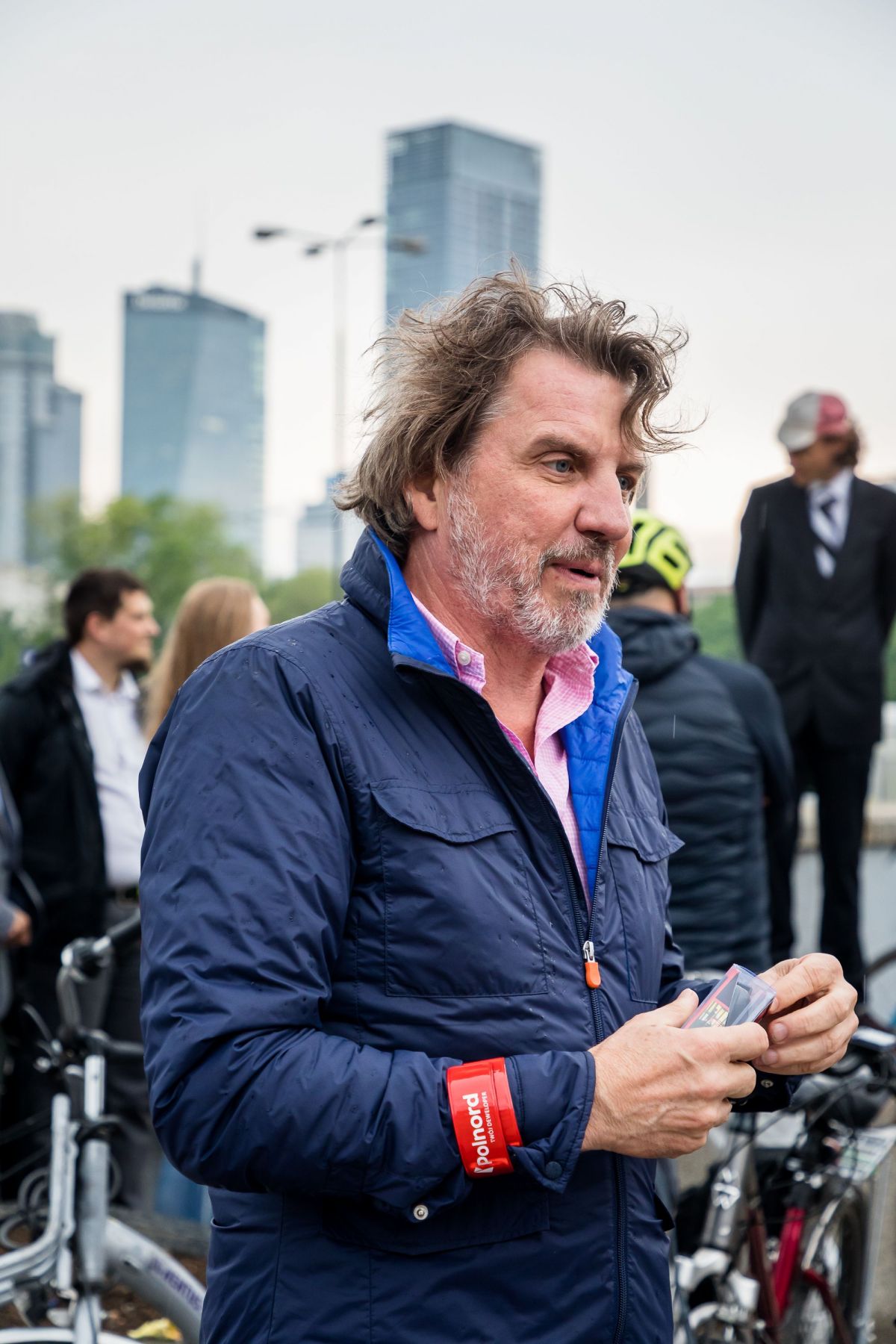
22 / 42
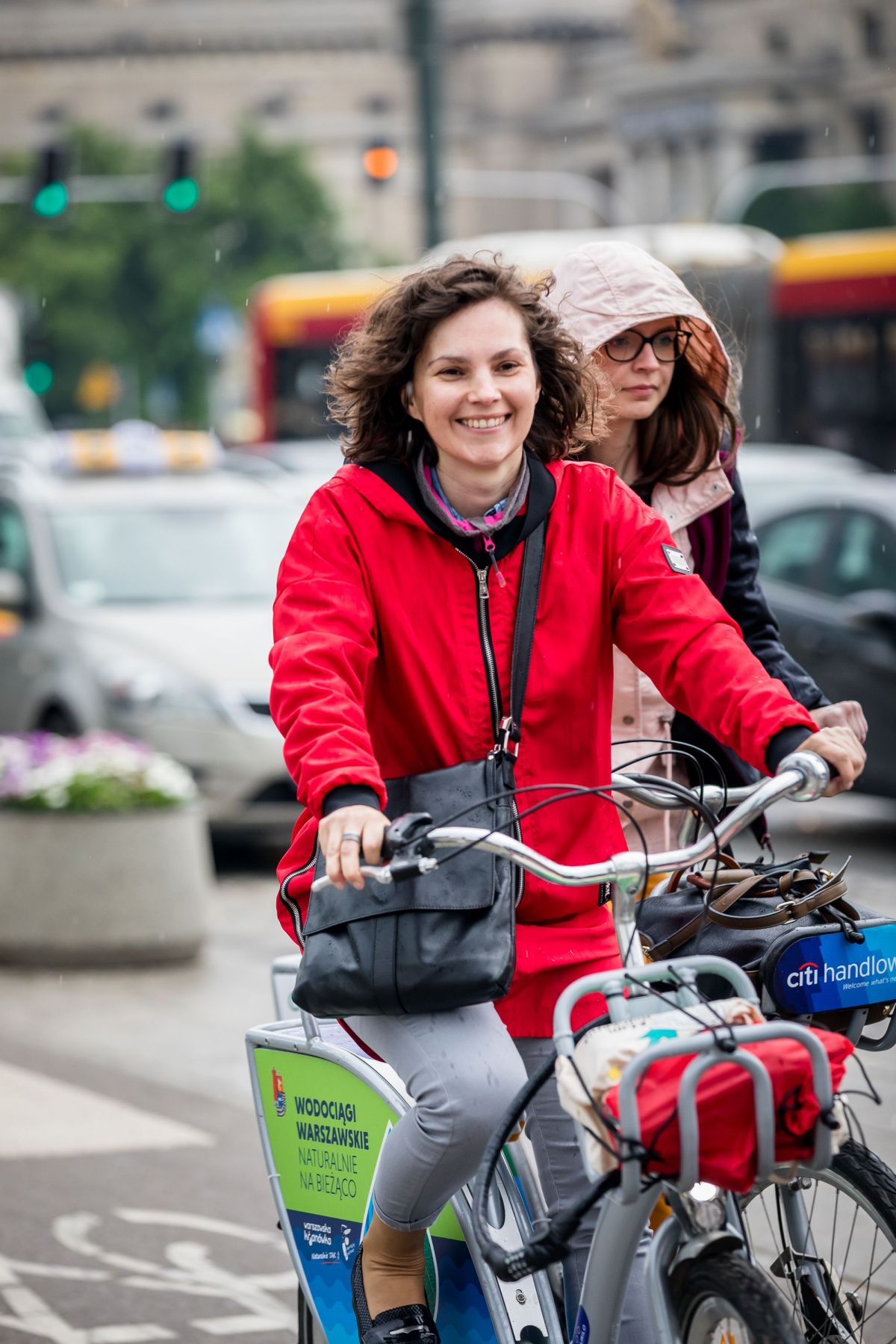
23 / 42
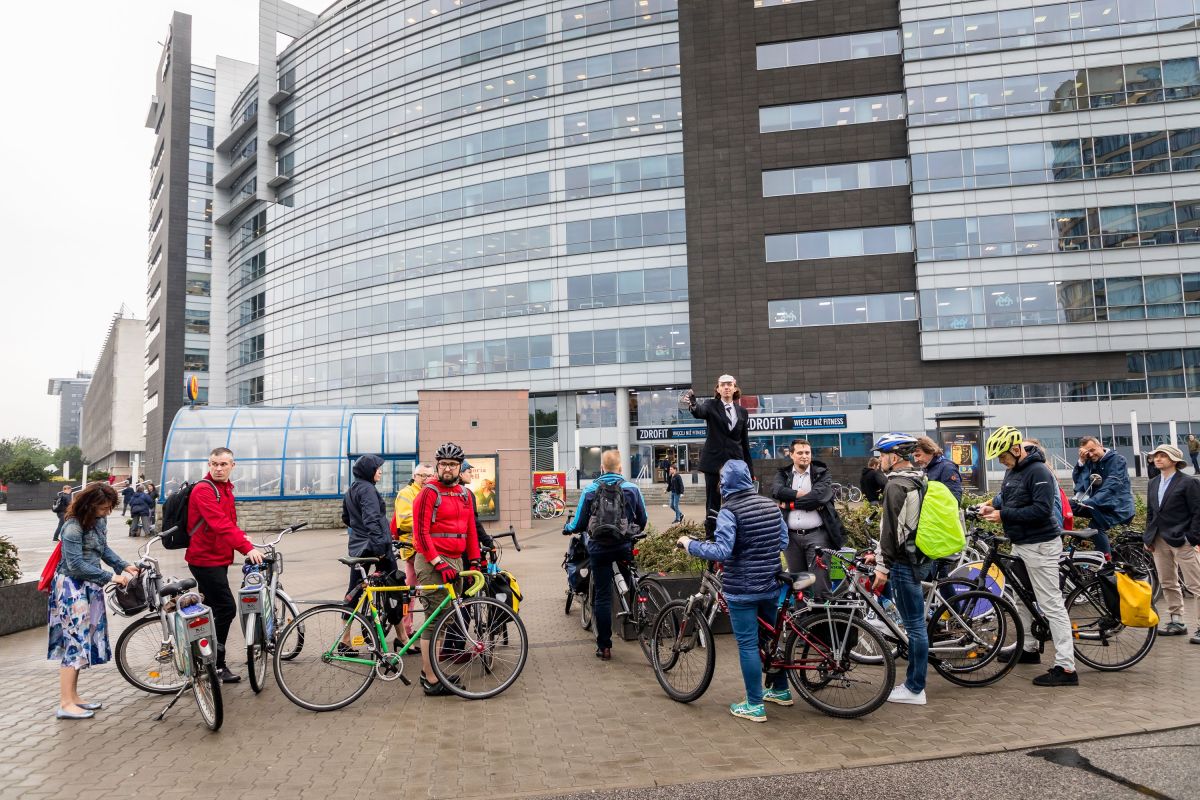
24 / 42
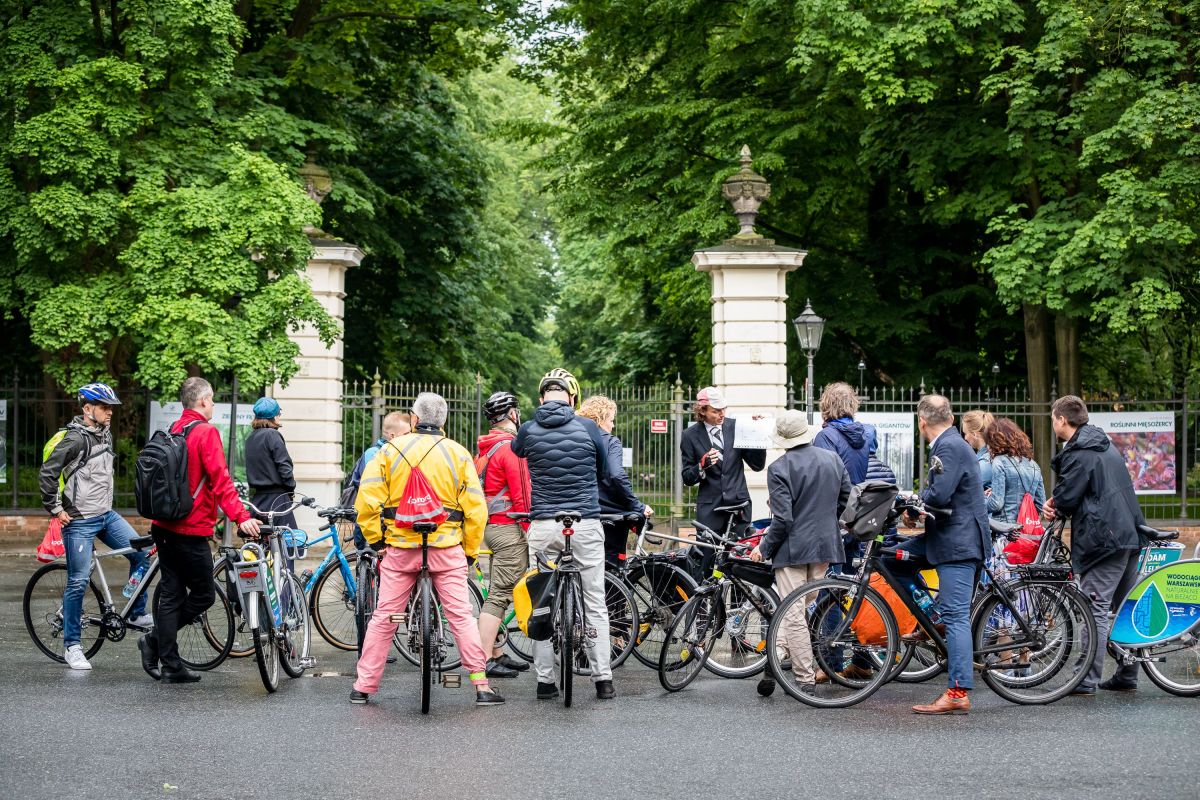
25 / 42
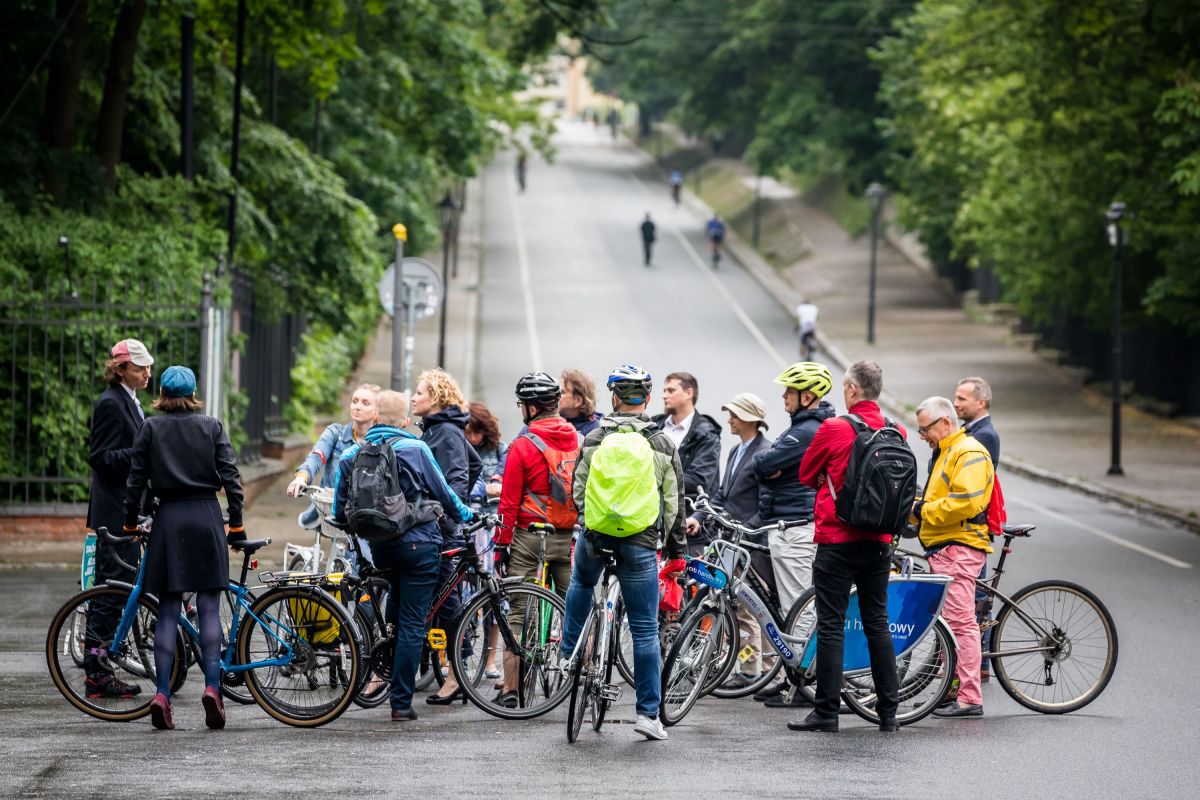
26 / 42
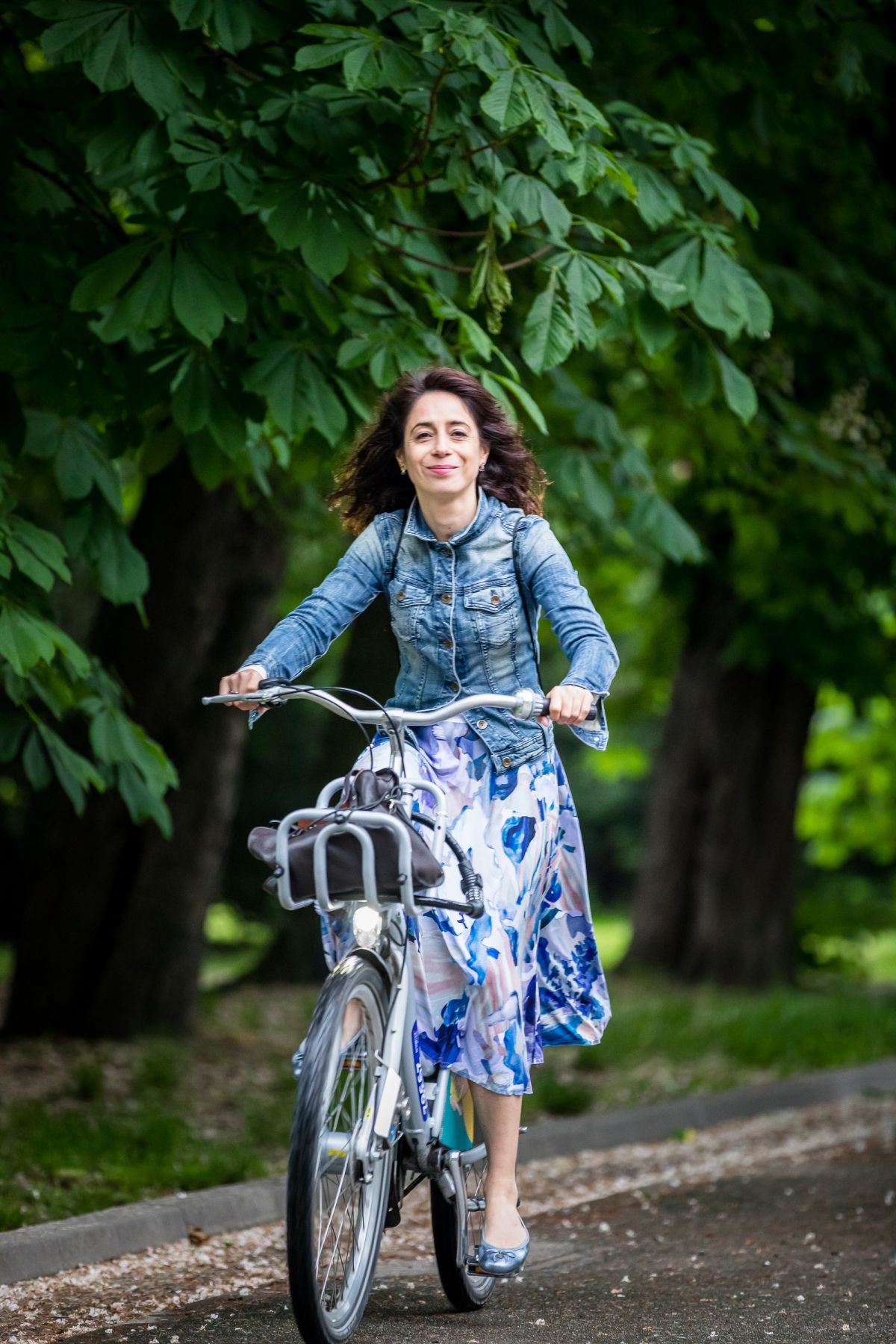
27 / 42
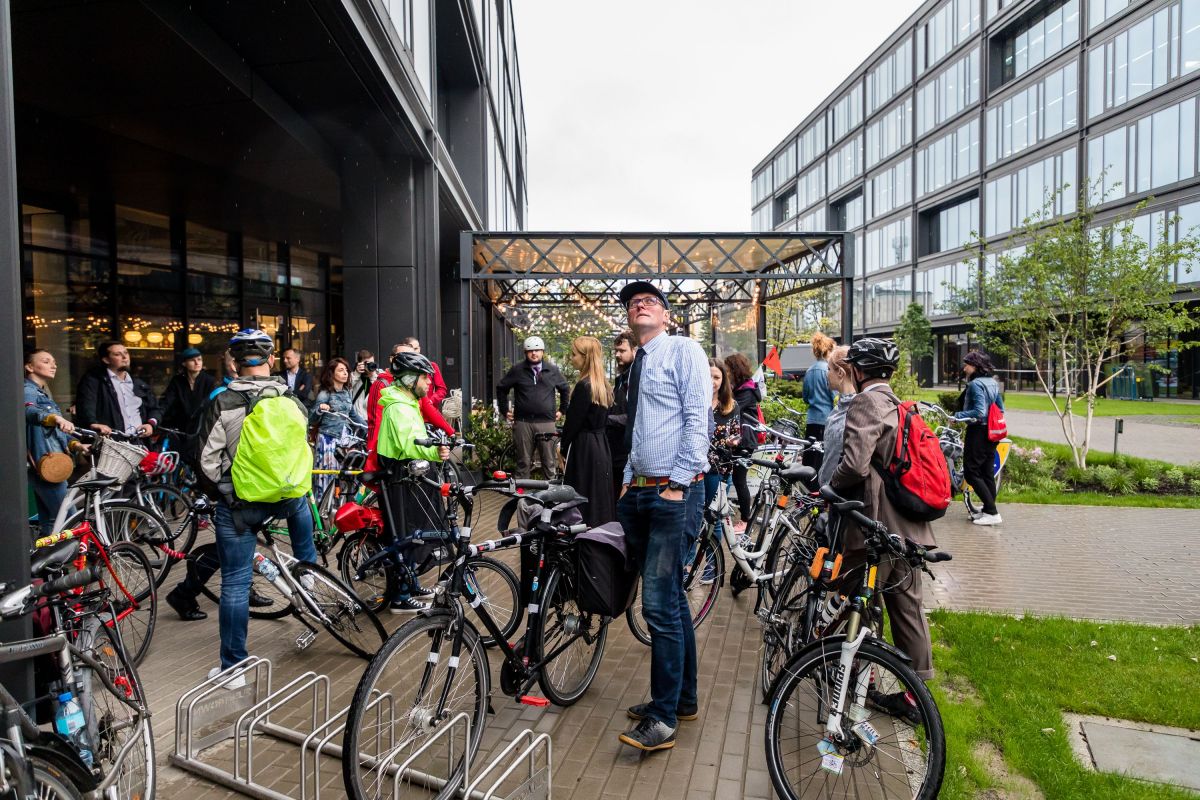
28 / 42
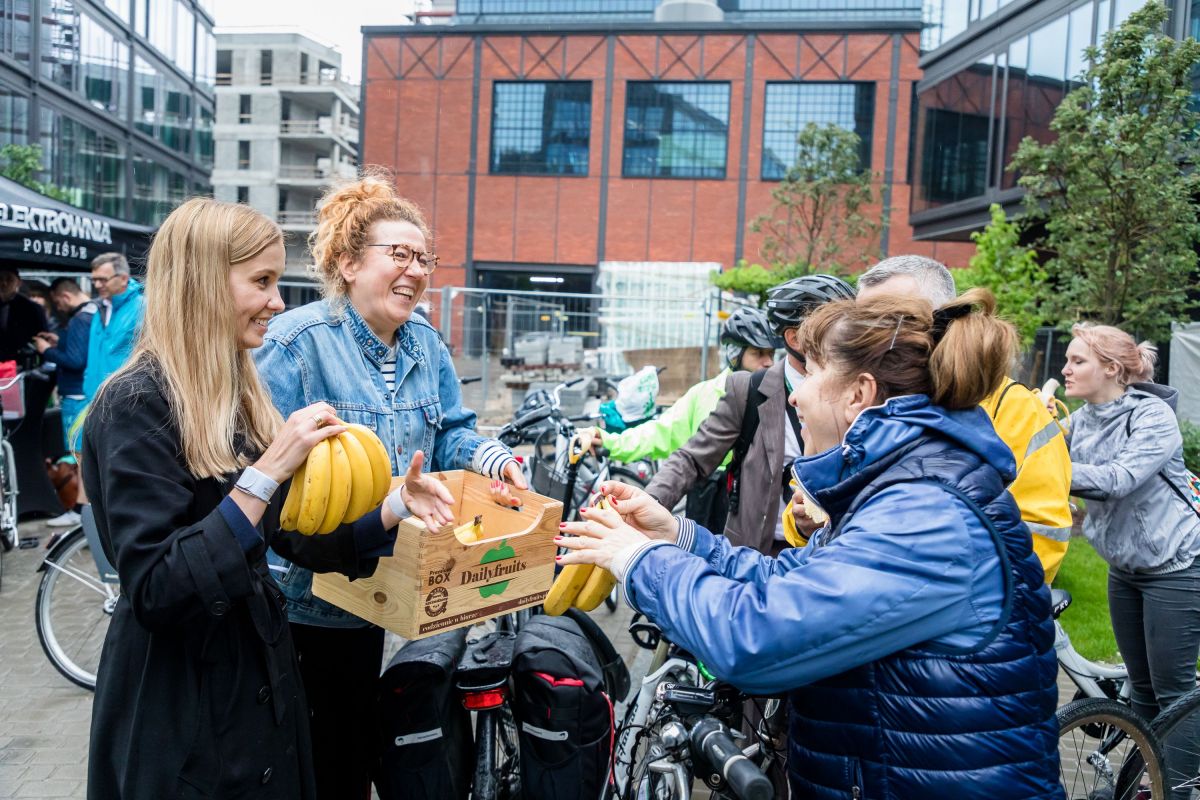
29 / 42
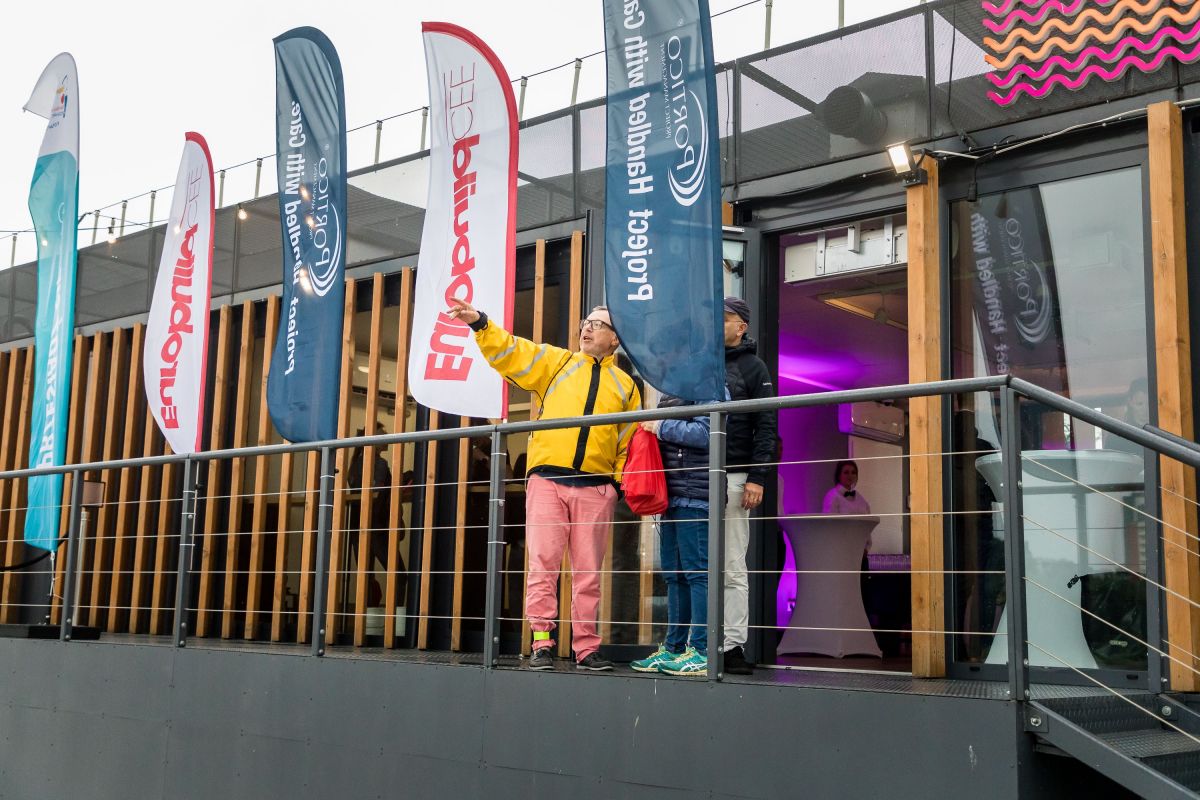
30 / 42
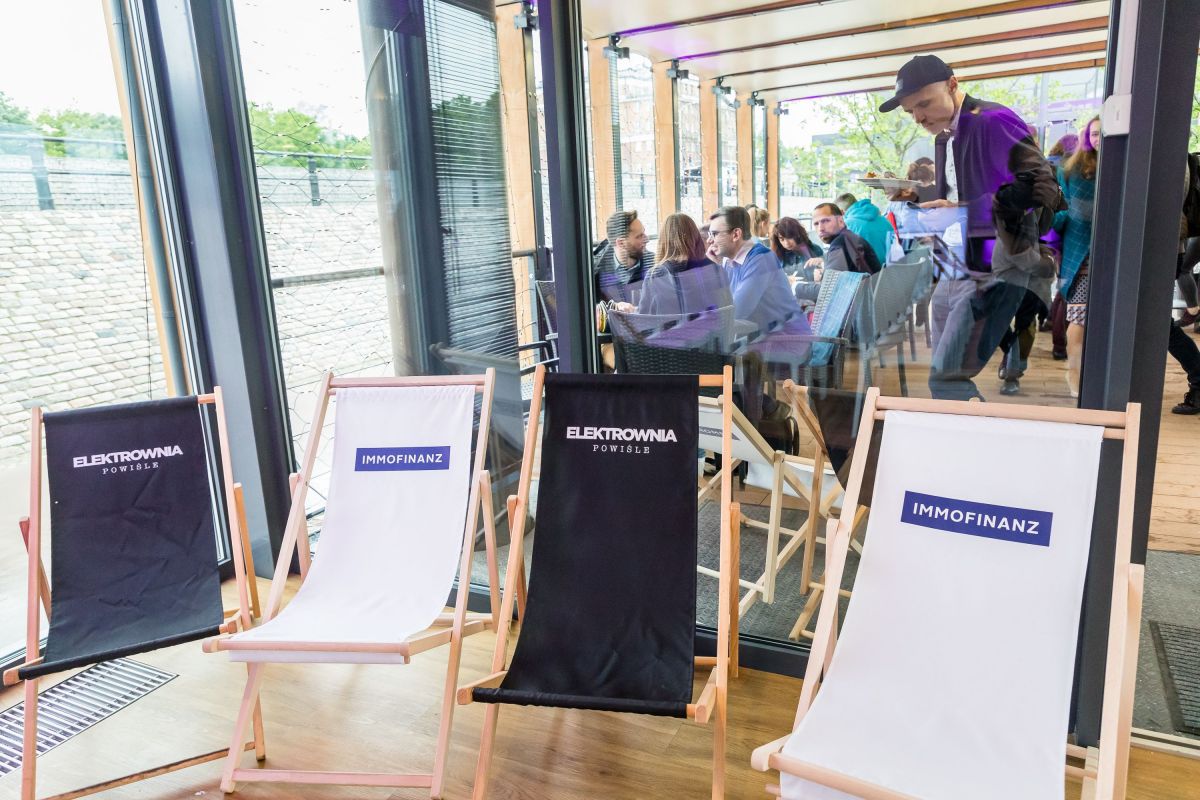
31 / 42
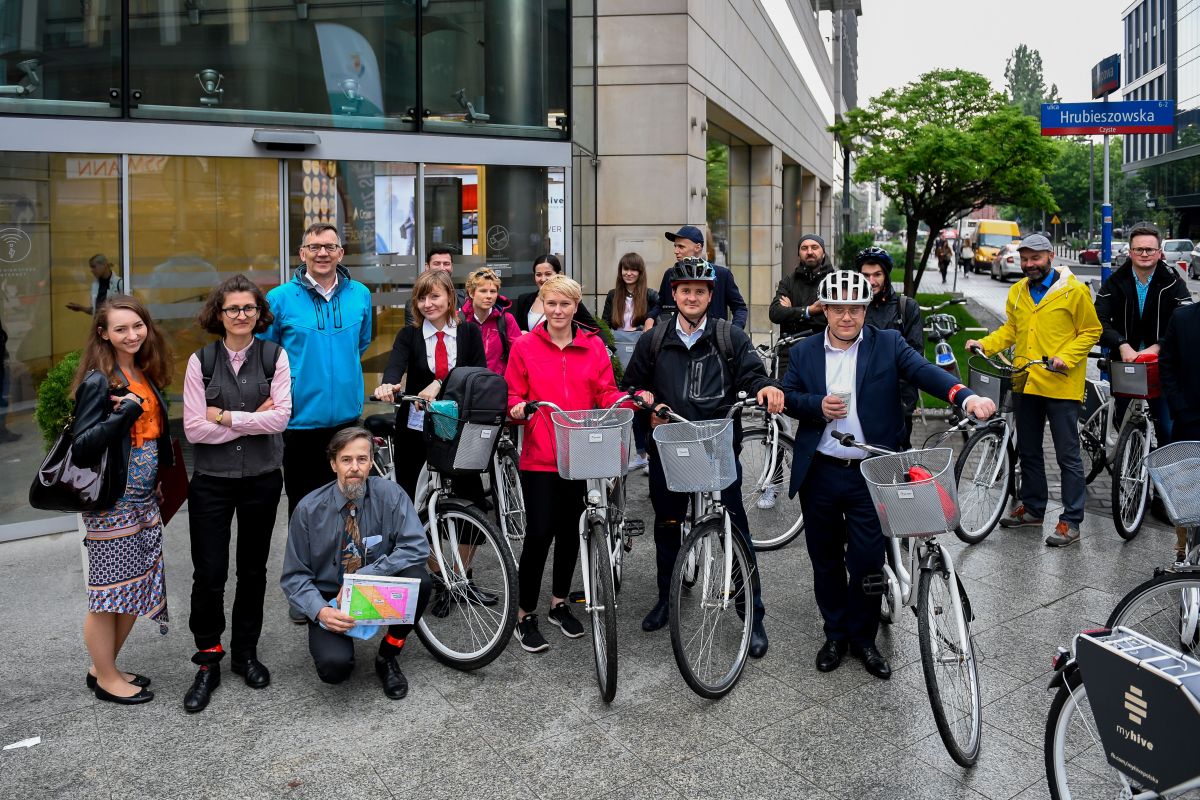
32 / 42
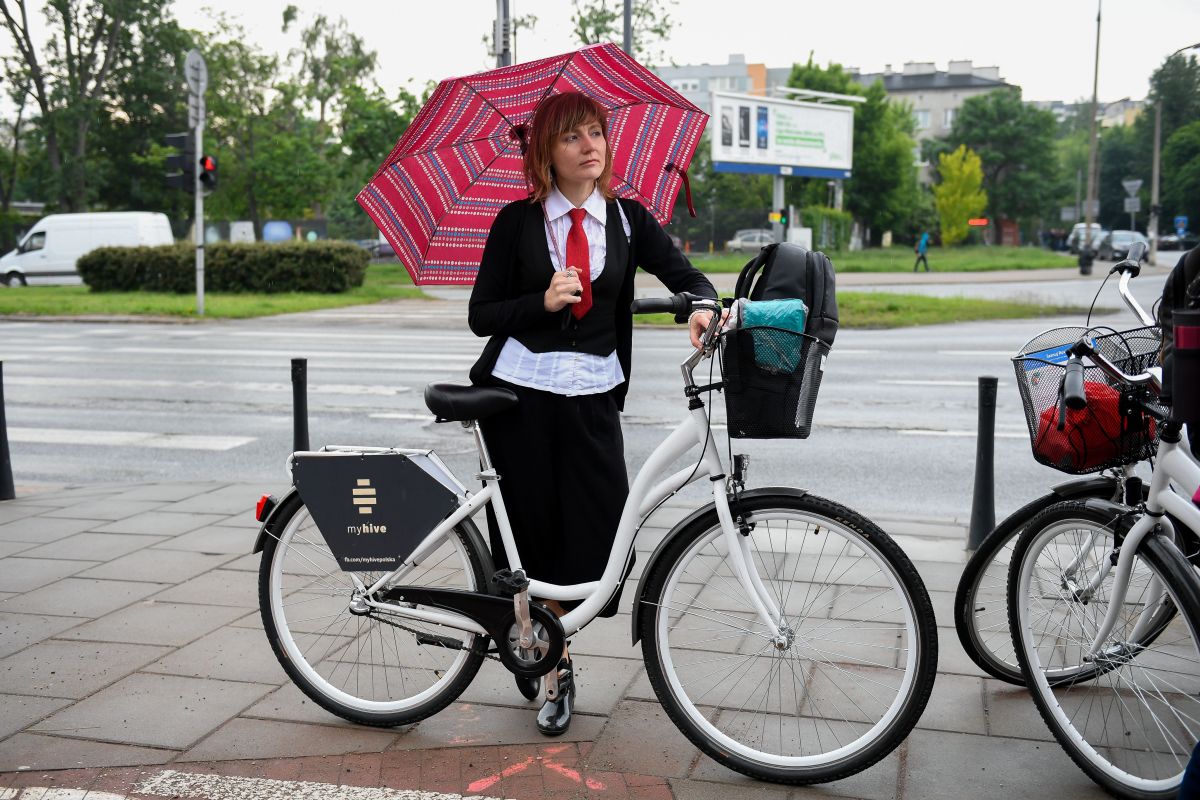
33 / 42
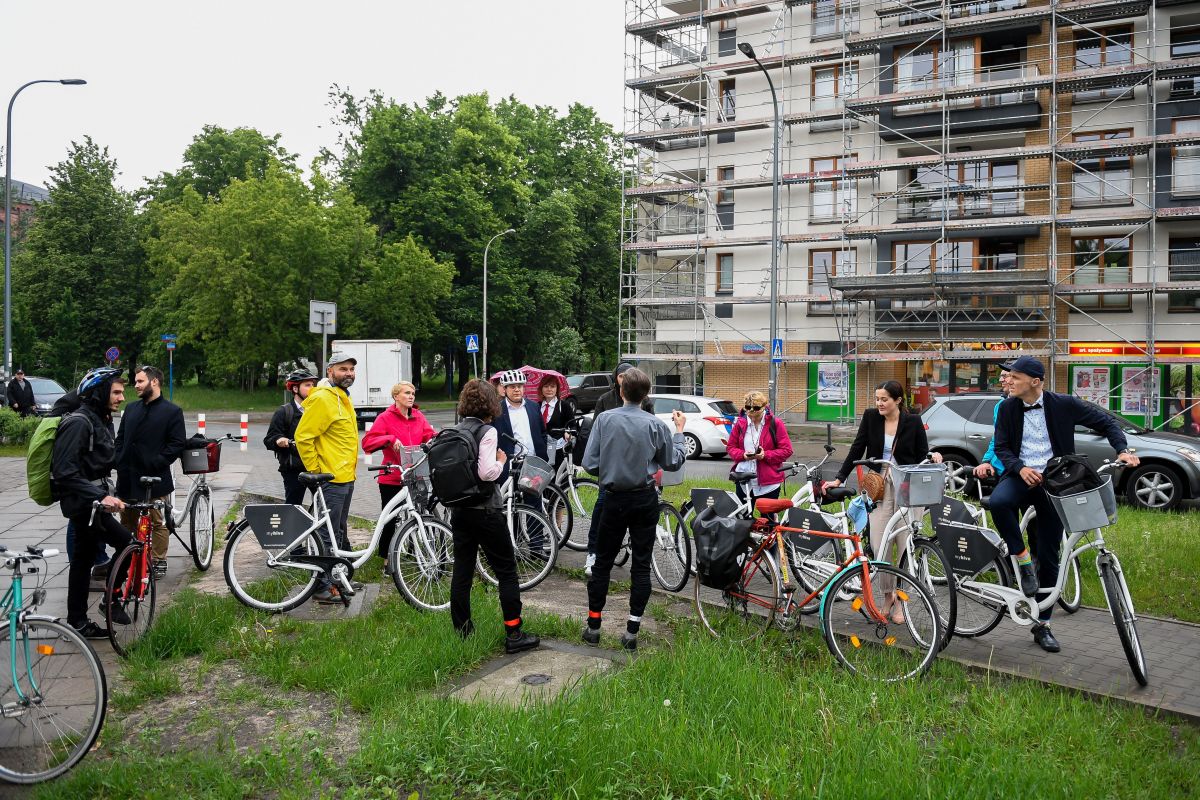
34 / 42
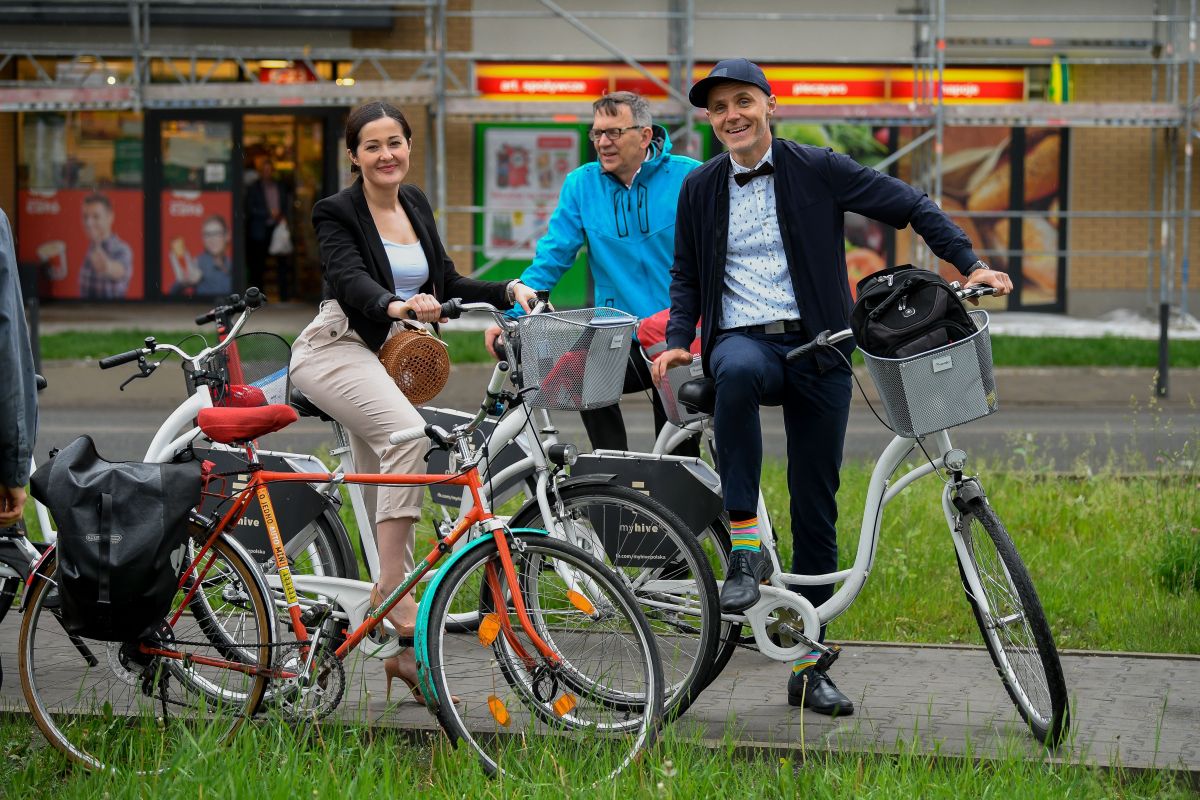
35 / 42
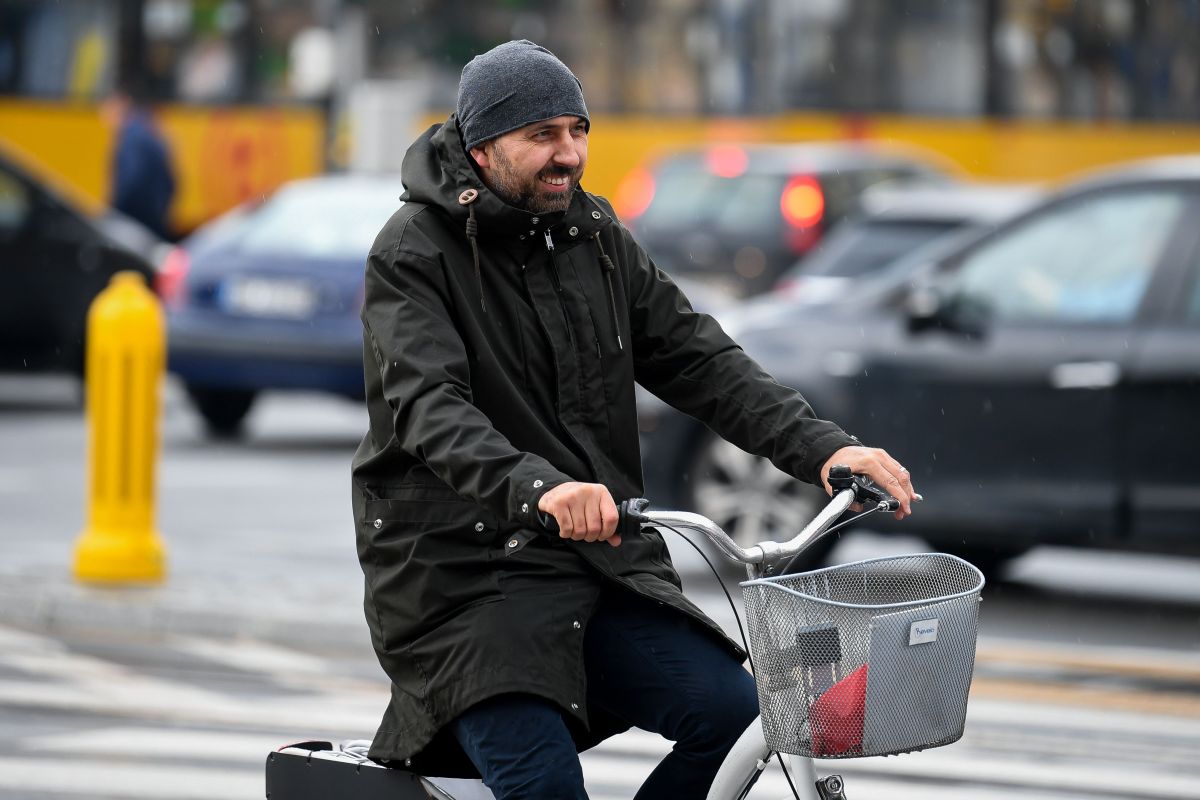
36 / 42
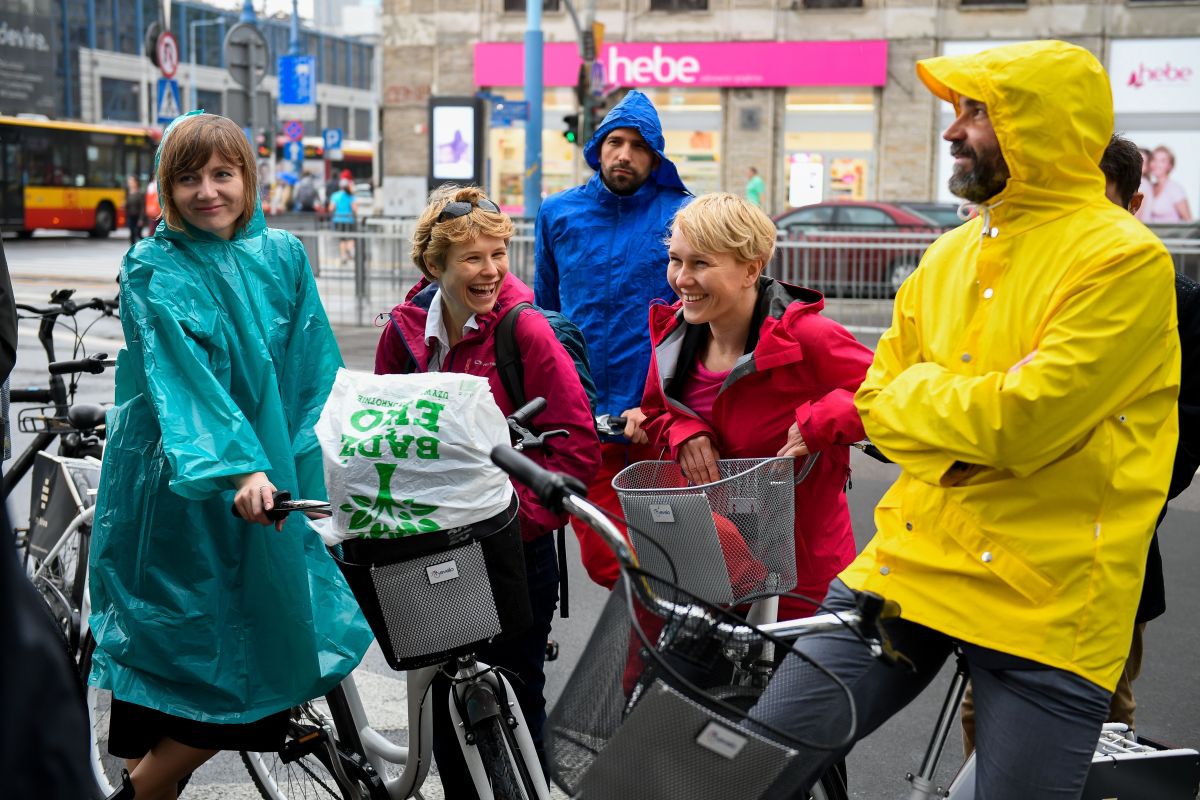
37 / 42
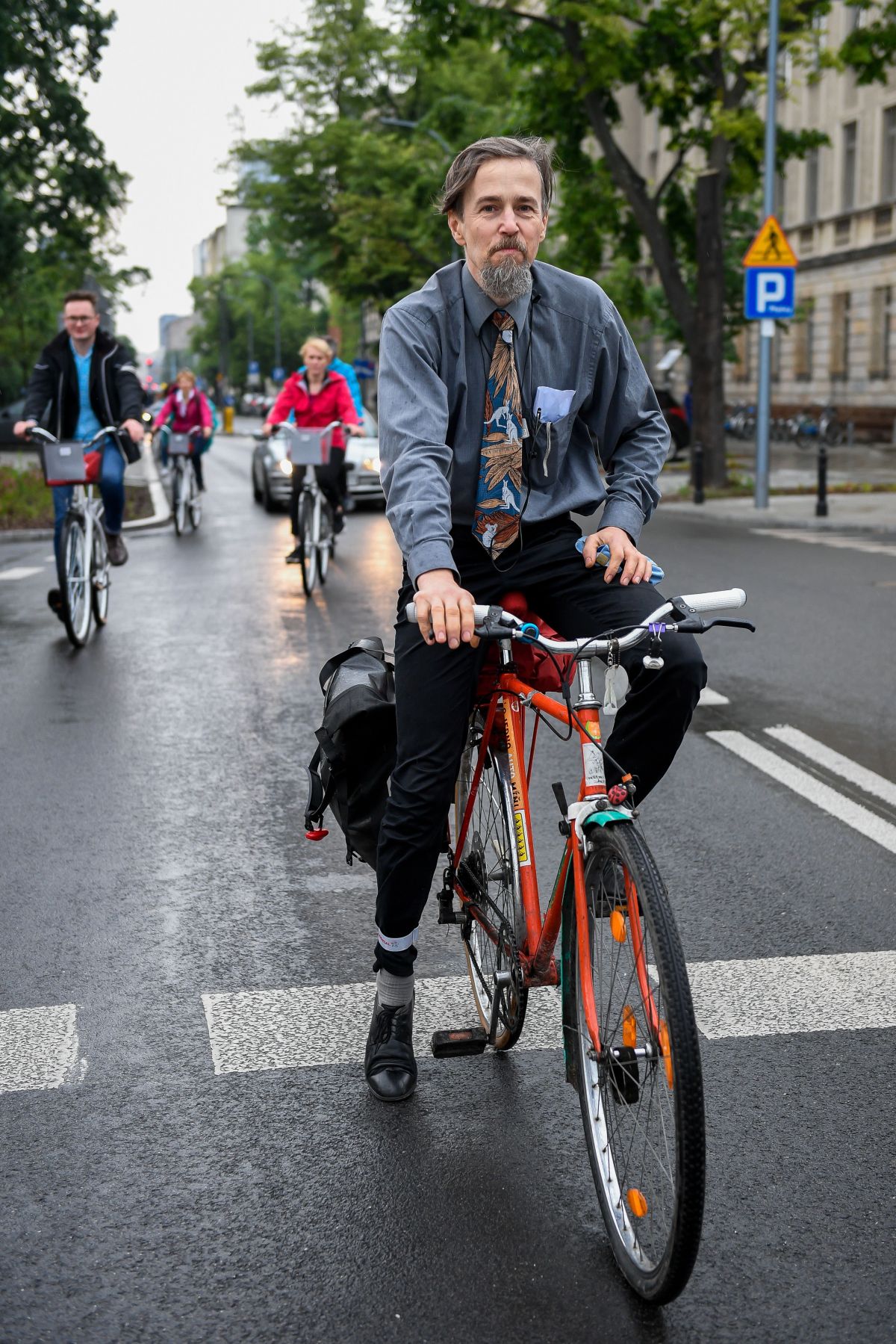
38 / 42
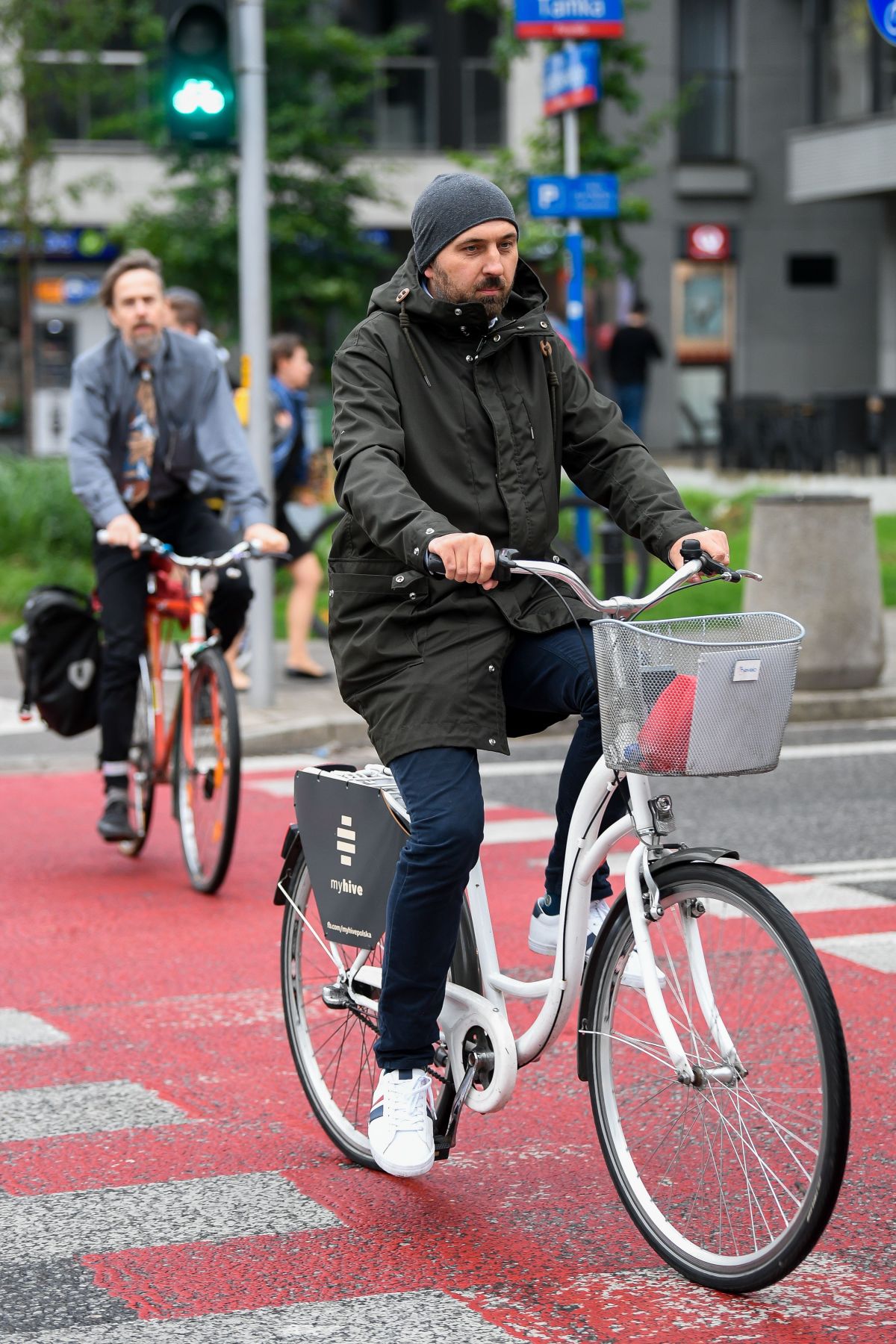
39 / 42
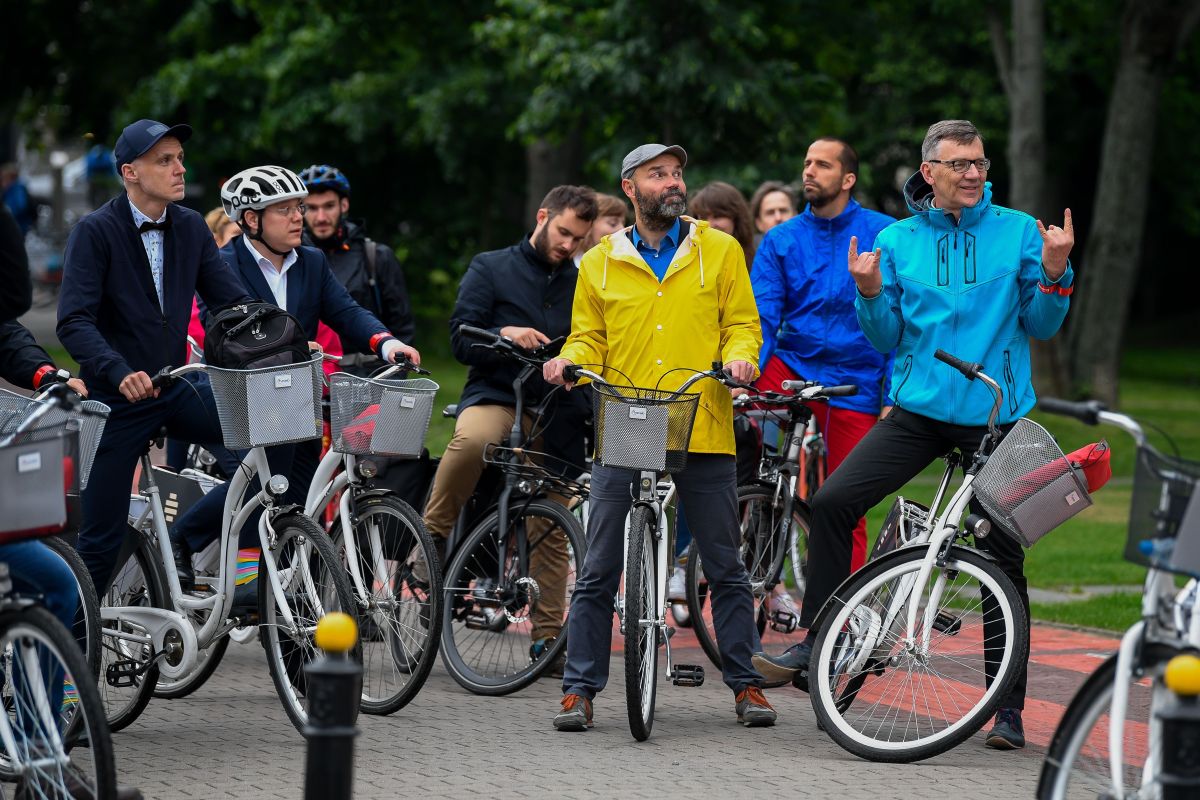
40 / 42
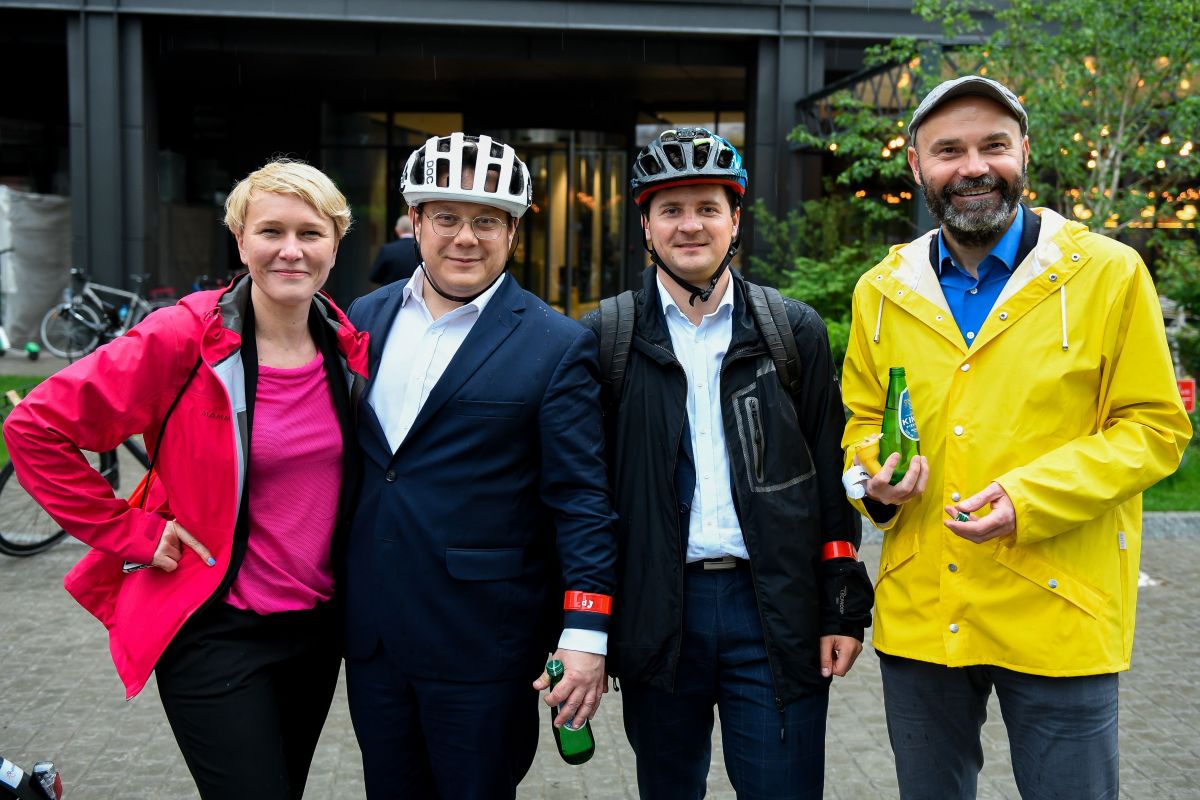
41 / 42
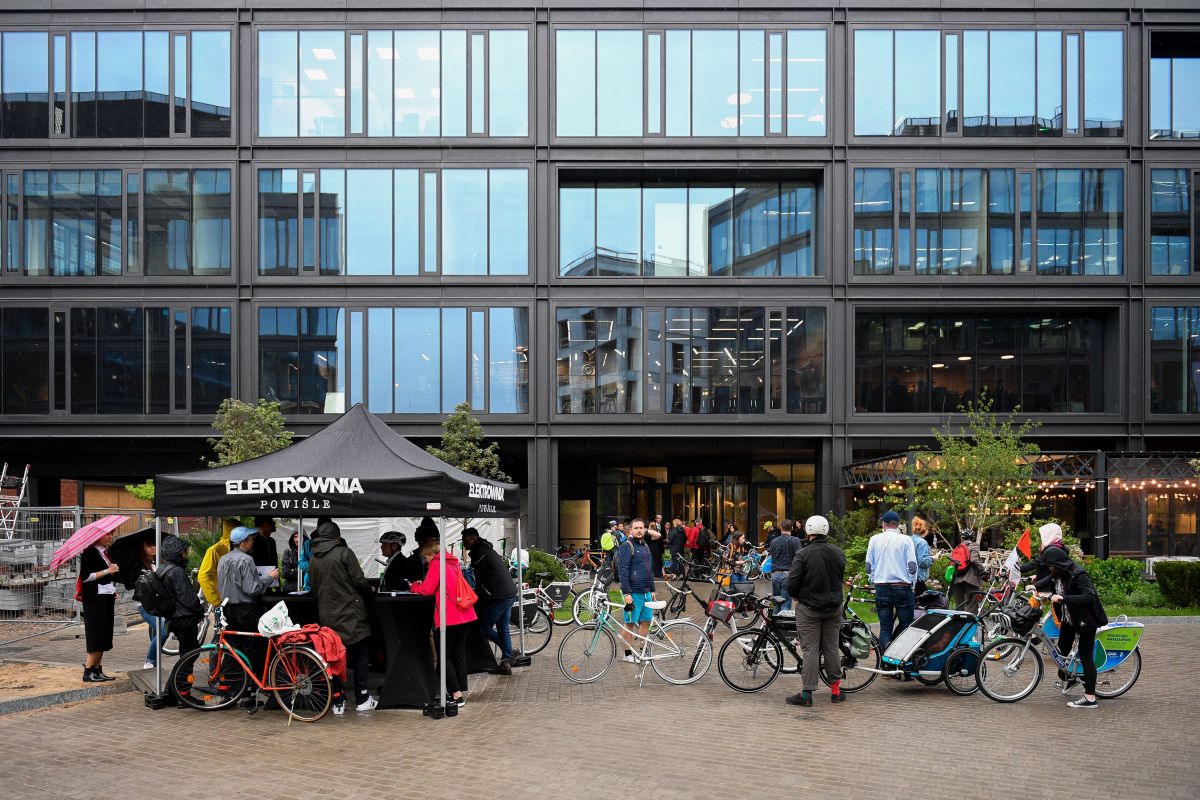
42 / 42
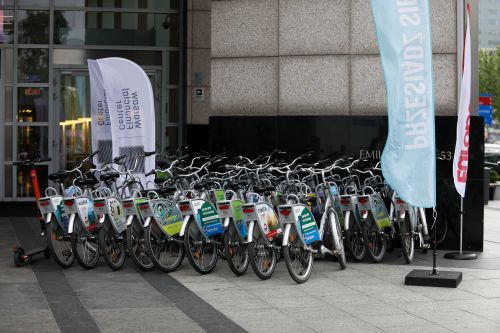
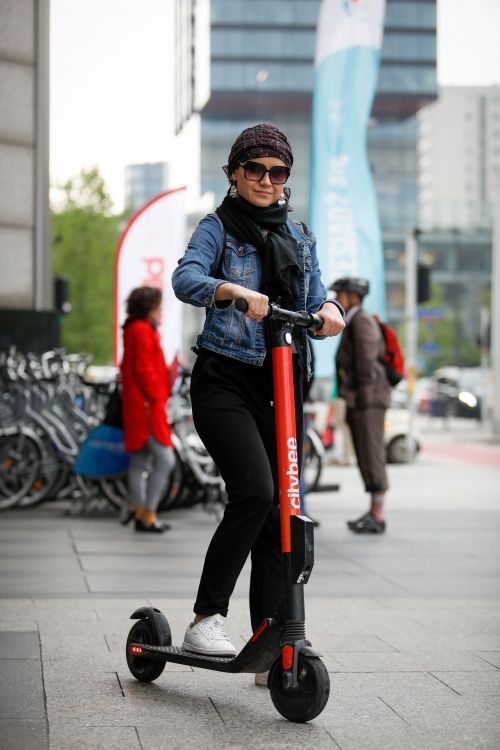
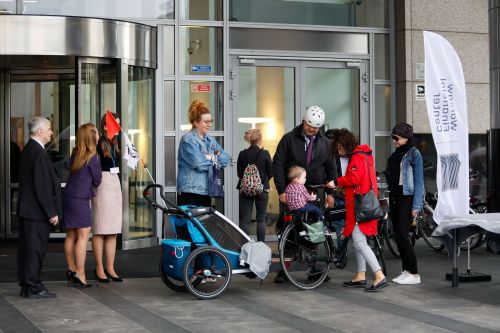
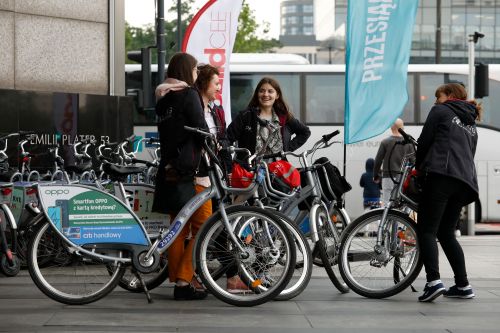
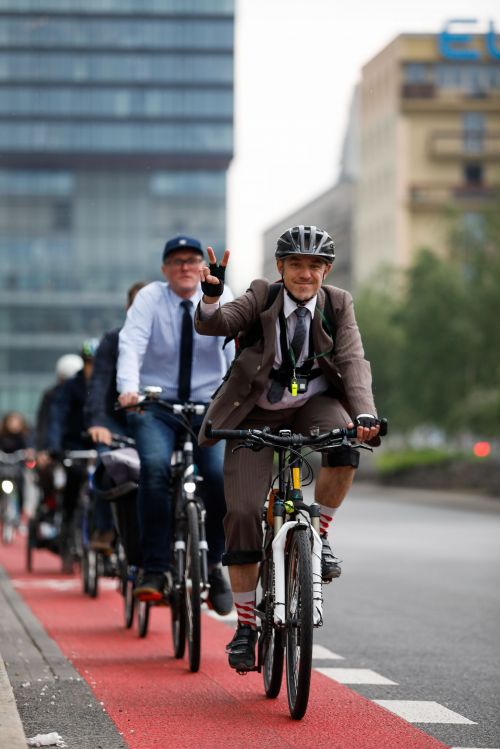
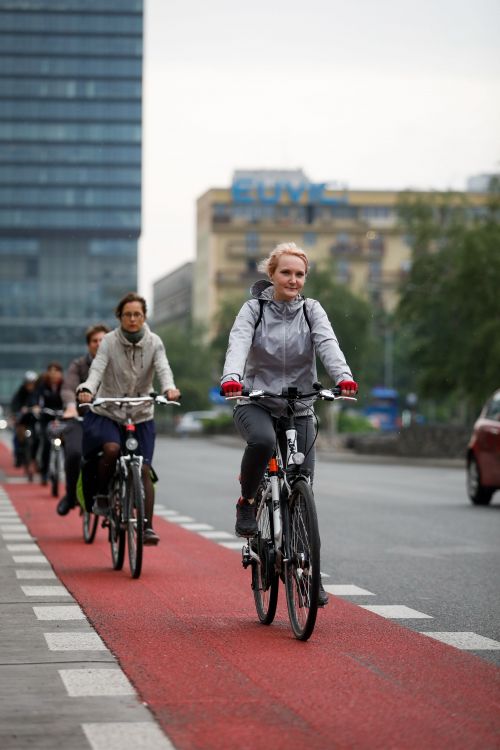
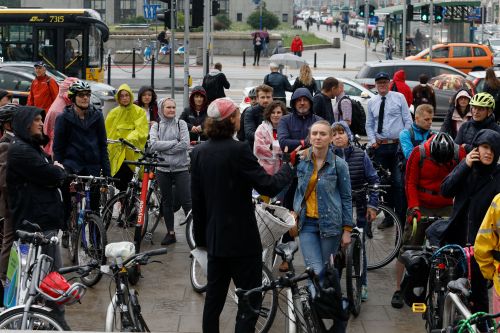
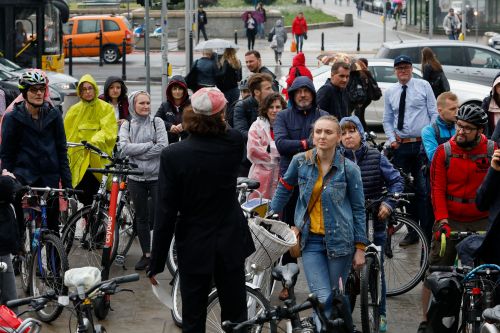
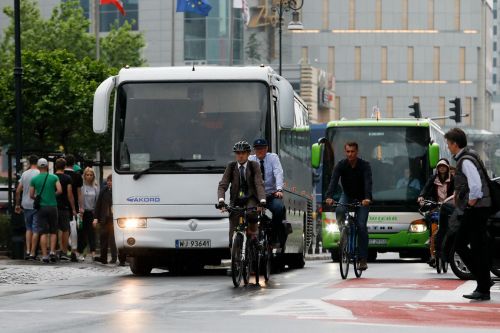
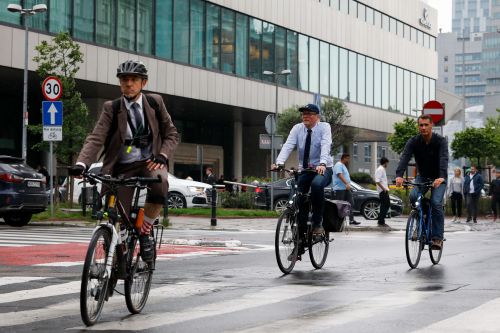
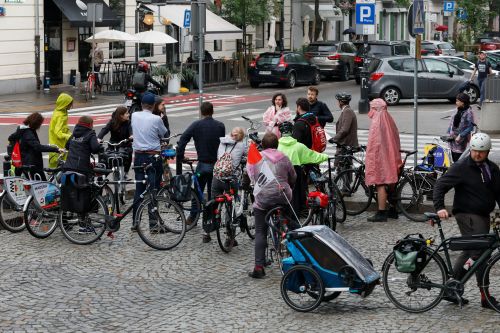
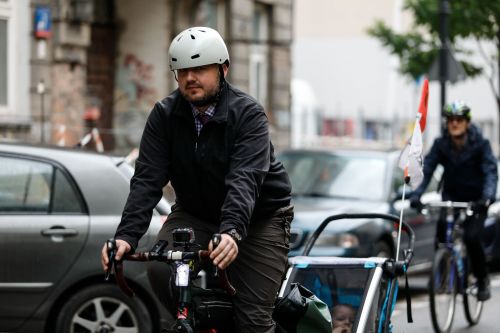
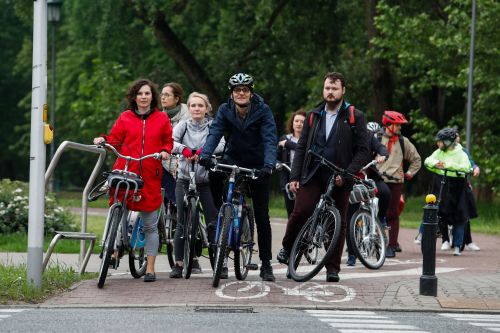
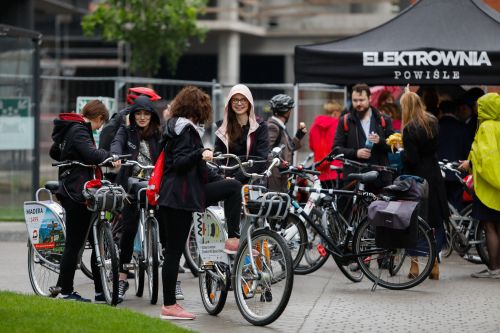
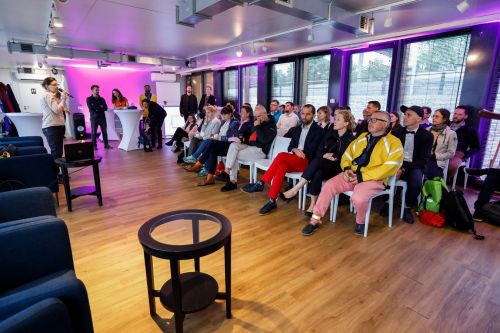
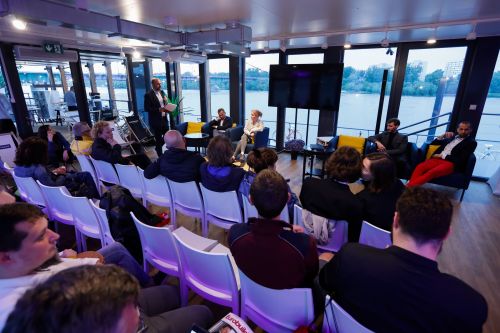
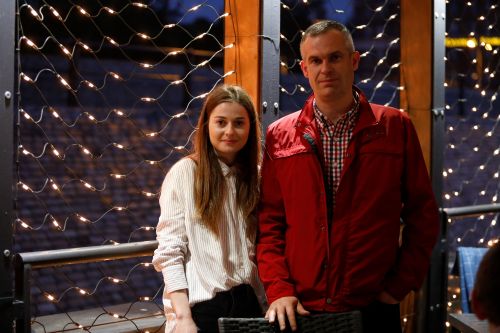
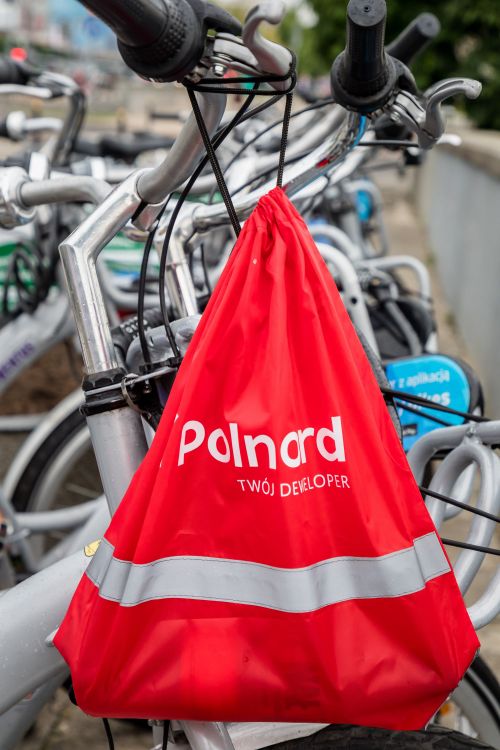
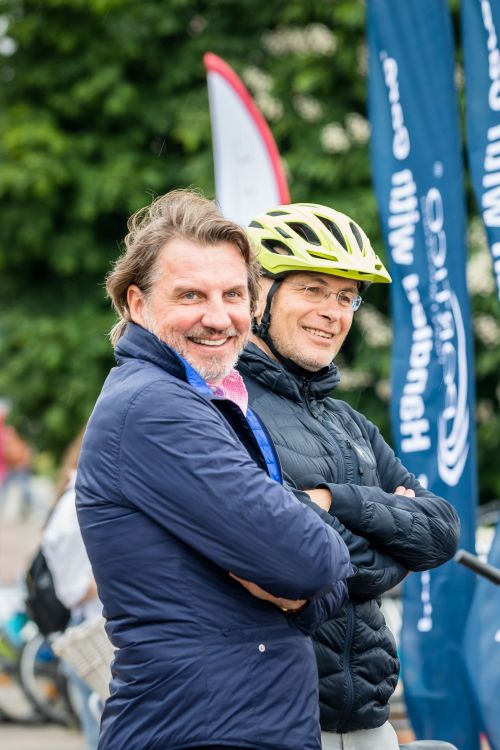
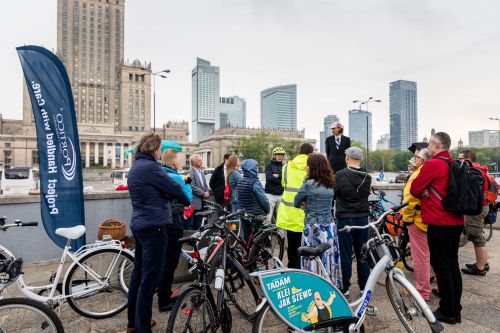
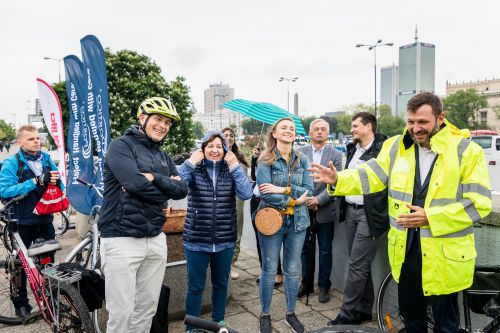
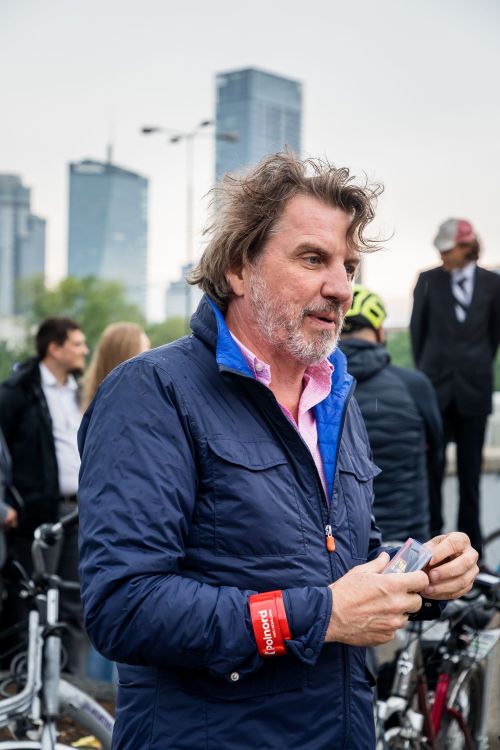
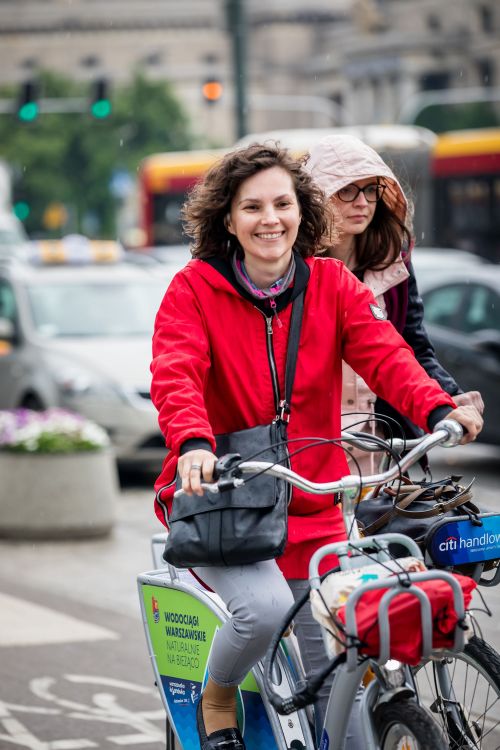
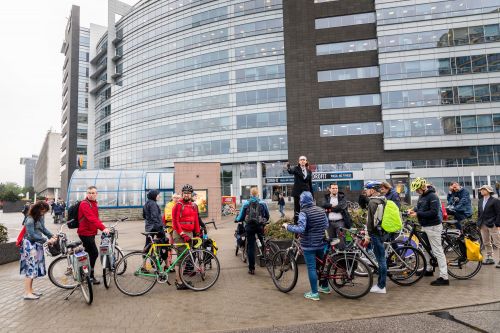
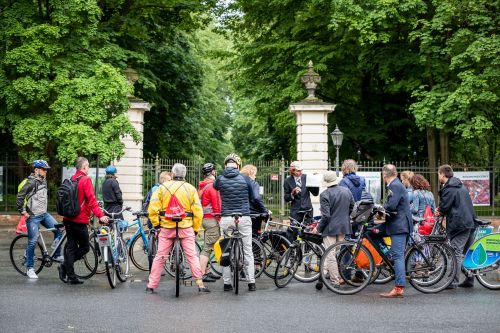
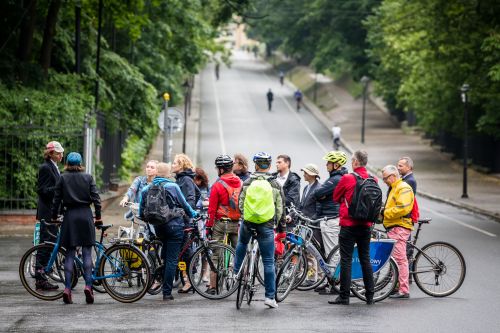
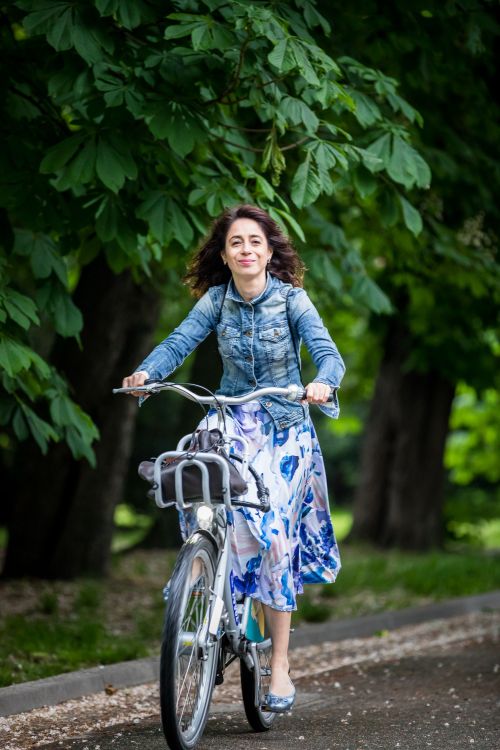
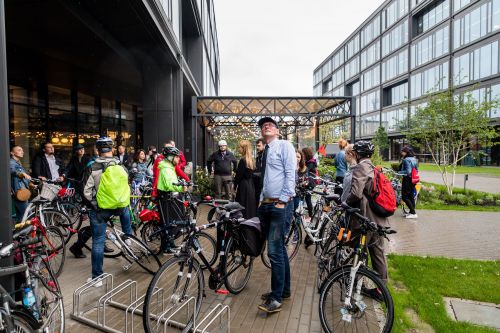
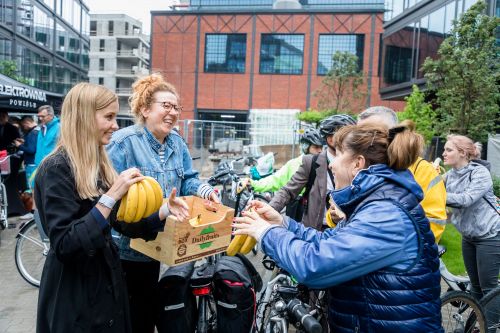
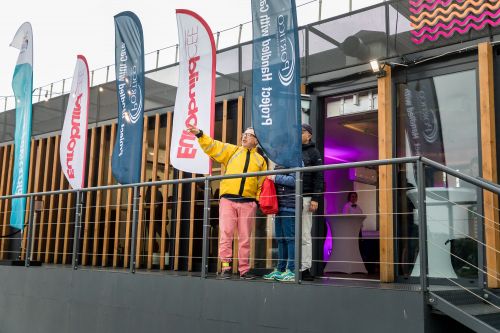
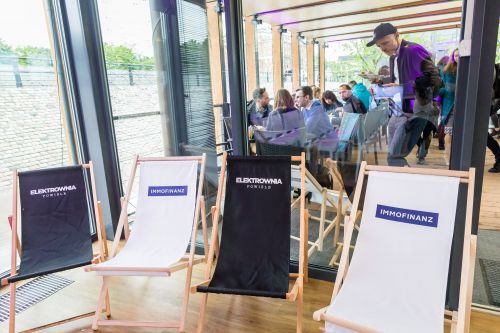
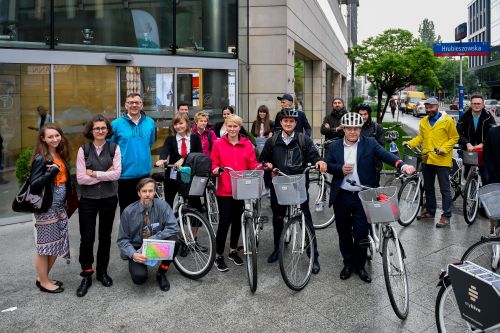
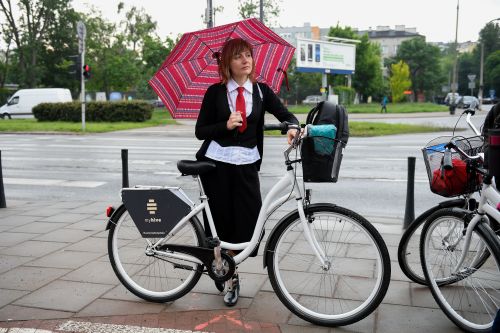
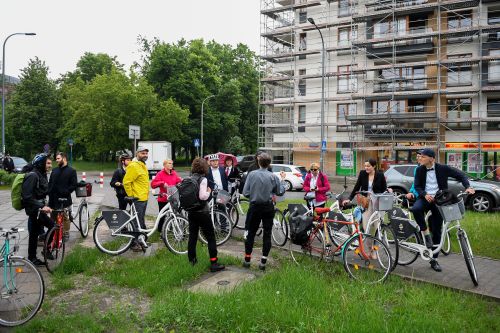
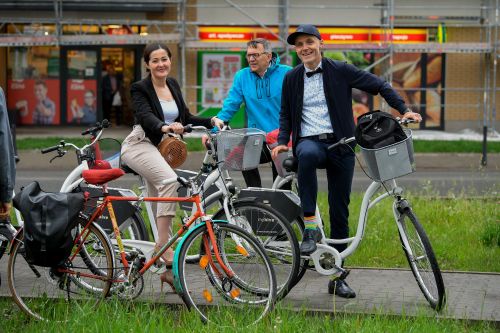
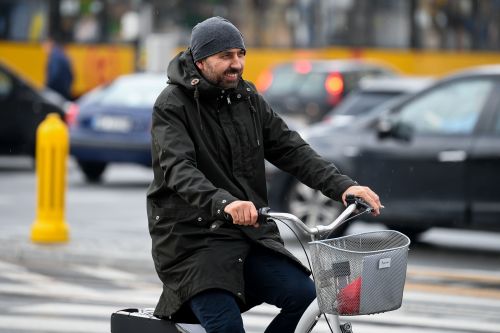
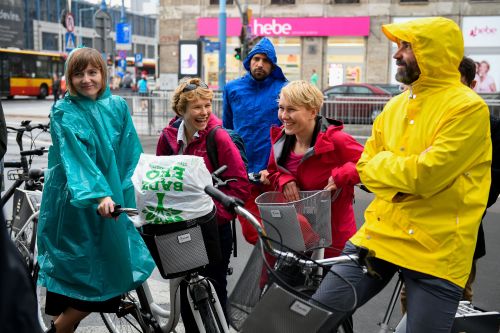
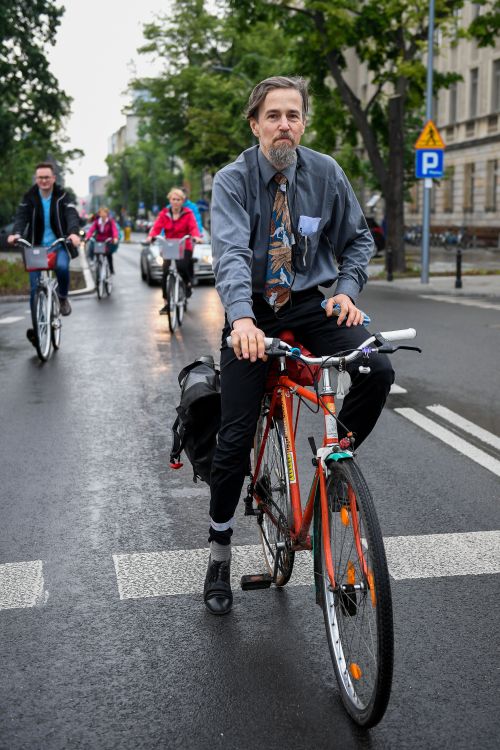
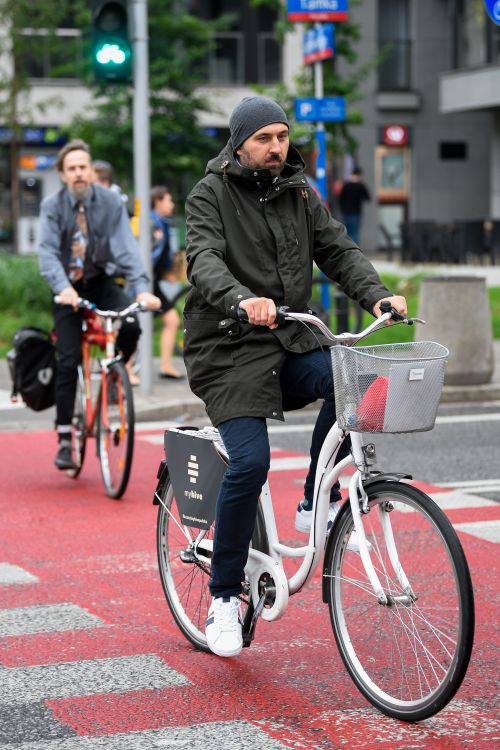
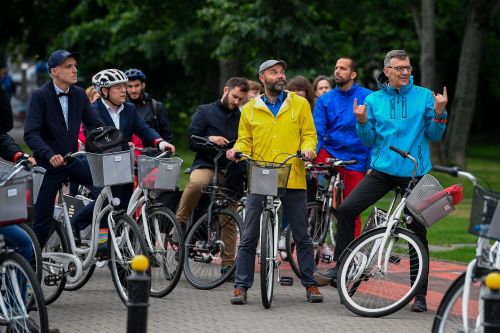
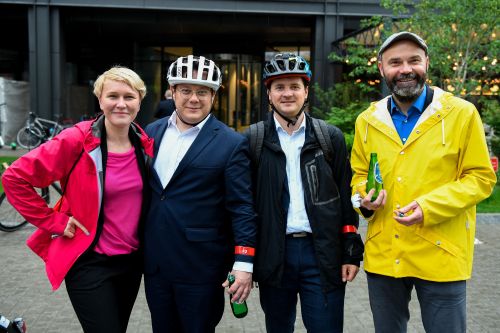
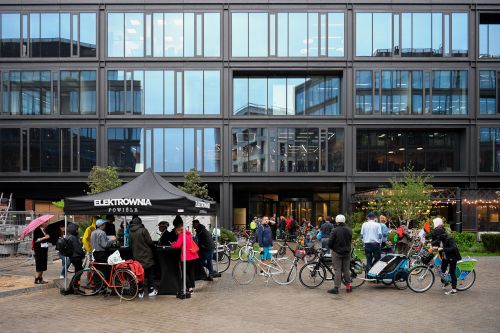
The 3rd annual Suits on Bikes ride and discussion in Warsaw, on May 23rd
According to some wags on this year’s Suits on Bikes ride through Warsaw, the organisers had in their great wisdom only gone and chosen the wettest day of the month and the most traffic-congested time of the day to hold the event.
This accusation, although maybe not entirely unreasonable, can only be partly true. It wasn’t that rainy and certainly not the rainiest day of the month. And Eurobuild Conferences, which was holding the annual bike ride for the third time in as many years, in fact had no control over the elements; while the afternoon rush hour was the only time of the day when otherwise busy white collar workers could possibly attend. But these conditions, however, were actually to the advantage of the event, as the main theme of this year’s bike ride was cycle safety – an issue that could be more closely scrutinised on wet, gridlocked roads. Those taking part (not all of whom were regular cyclists) could also get a taste of the challenges and risks involved in a daily bike commute along the streets of Warsaw, a city, by the way, that’s not particularly famous for having the most cycle-friendly roads. The cyclists this year often ended up having to squeeze between cars, competing both with them and pedestrians for space – and sometimes having to contend with the angry reactions of other road users.
So who’s to blame for the harsh environment that Warsaw’s cyclists are forced to inhabit? Are these conflict situations the result of careless and insensitive cycling and driving – or is it rather the quality of the infrastructure that causes them? Opinions differed widely in the discussion that followed the ride, when everyone met up in the Przystanek Sztuka pavilion on the Vistula Boulevards. One member of the panel, Magdalena Mazurkiewicz, a psychotherapist and trainer at the Zen Driving foundation, argued that we should have compassion for those who are prone to such road rage, since they know not what they do nor how much they actually harm themselves by reacting with such aggression. The psychologist held a half-hour presentation outlining the foundation’s ‘ten commandments of safe riding’, which are mainly centred on cyclists and motorists practising self-control and thus engendering healthy and positive feelings in both types of road user. This rather refreshing approach was met, however, with a degree of resistance from some members of the audience, insisting on more understanding for the predicament of cyclists, since they have the right to be angry about running the constant risk of being run over. Tamás Dombi, the deputy director of Warsaw’s road authority [ZDM w Warszawie], claimed that Poles in general have a different driving culture to some other European countries, and drive more calmly while respecting the rules. That again sparked another heated response, with some pointing out that it is rather the quality of the infrastructure that helps to improve road users’ behaviour, so if we actually made our roads more friendly it would have a positive effect on attitudes. Agnieszka Nowak, an activist from the Zielone Mazowsze [Green Masovia] association, countered that it’s more the case that these issues can only really be solved by introducing better laws and making sure they are respected.
The panellists also included Jacek Grunt-Mejer, coordinator of the City of Warsaw’s Integrated Revitalisation Programme, and Piotr Łuczyński, the co-founder of the Zdrowy Rower [Healthy Bike] association, both of whom stressed the importance of properly educating and training road users about the importance of safety.
Before and after the panel discussion there was time for networking and dinner – and relaxing, in a venue that featured the calming backdrop of the river Vistula.
The entire event was sponsored by a number of real estate companies, including Immofinanz, Portico Project Management, and the management of the Warsaw Financial Center and Elektrownia Powiśle – where one of the routes for the bike ride stopped off en route to the discussion. Others who kindly contributed to the event included Polnord, JLL, Zielone Mazowsze, Zen Driving, City Bee Shared Mobility, NWR.bike, Mistrzowie Zabezpieczeń, the Urban Land Institute, Stowarzyszenie Zdrowy Rower and Rowerowawa.
It obviously wouldn’t have been possible to organise Suits on Bikes without sponsors, but much of the credit for this year’s event obviously goes to the cyclists, who showed no fear of rain or wind. And if there’s one memory that everyone should take away from this year’s meeting, it’s that despite such bad weather there were still so many willing to take to the saddle. What will happen next year when the weather (as we hope) is more amenable? In any case, you’d better book early next time, because without doubt this has become a very popular event on the real estate calendar.
Rafał Ostrowski
According to some wags on this year’s Suits on Bikes ride through Warsaw, the organisers had in their great wisdom only gone and chosen the wettest day of the month and the most traffic-congested time of the day to hold the event.
This accusation, although maybe not entirely unreasonable, can only be partly true. It wasn’t that rainy and certainly not the rainiest day of the month. And Eurobuild Conferences, which was holding the annual bike ride for the third time in as many years, in fact had no control over the elements; while the afternoon rush hour was the only time of the day when otherwise busy white collar workers could possibly attend. But these conditions, however, were actually to the advantage of the event, as the main theme of this year’s bike ride was cycle safety – an issue that could be more closely scrutinised on wet, gridlocked roads. Those taking part (not all of whom were regular cyclists) could also get a taste of the challenges and risks involved in a daily bike commute along the streets of Warsaw, a city, by the way, that’s not particularly famous for having the most cycle-friendly roads. The cyclists this year often ended up having to squeeze between cars, competing both with them and pedestrians for space – and sometimes having to contend with the angry reactions of other road users.
So who’s to blame for the harsh environment that Warsaw’s cyclists are forced to inhabit? Are these conflict situations the result of careless and insensitive cycling and driving – or is it rather the quality of the infrastructure that causes them? Opinions differed widely in the discussion that followed the ride, when everyone met up in the Przystanek Sztuka pavilion on the Vistula Boulevards. One member of the panel, Magdalena Mazurkiewicz, a psychotherapist and trainer at the Zen Driving foundation, argued that we should have compassion for those who are prone to such road rage, since they know not what they do nor how much they actually harm themselves by reacting with such aggression. The psychologist held a half-hour presentation outlining the foundation’s ‘ten commandments of safe riding’, which are mainly centred on cyclists and motorists practising self-control and thus engendering healthy and positive feelings in both types of road user. This rather refreshing approach was met, however, with a degree of resistance from some members of the audience, insisting on more understanding for the predicament of cyclists, since they have the right to be angry about running the constant risk of being run over. Tamás Dombi, the deputy director of Warsaw’s road authority [ZDM w Warszawie], claimed that Poles in general have a different driving culture to some other European countries, and drive more calmly while respecting the rules. That again sparked another heated response, with some pointing out that it is rather the quality of the infrastructure that helps to improve road users’ behaviour, so if we actually made our roads more friendly it would have a positive effect on attitudes. Agnieszka Nowak, an activist from the Zielone Mazowsze [Green Masovia] association, countered that it’s more the case that these issues can only really be solved by introducing better laws and making sure they are respected.
The panellists also included Jacek Grunt-Mejer, coordinator of the City of Warsaw’s Integrated Revitalisation Programme, and Piotr Łuczyński, the co-founder of the Zdrowy Rower [Healthy Bike] association, both of whom stressed the importance of properly educating and training road users about the importance of safety.
Before and after the panel discussion there was time for networking and dinner – and relaxing, in a venue that featured the calming backdrop of the river Vistula.
The entire event was sponsored by a number of real estate companies, including Immofinanz, Portico Project Management, and the management of the Warsaw Financial Center and Elektrownia Powiśle – where one of the routes for the bike ride stopped off en route to the discussion. Others who kindly contributed to the event included Polnord, JLL, Zielone Mazowsze, Zen Driving, City Bee Shared Mobility, NWR.bike, Mistrzowie Zabezpieczeń, the Urban Land Institute, Stowarzyszenie Zdrowy Rower and Rowerowawa.
It obviously wouldn’t have been possible to organise Suits on Bikes without sponsors, but much of the credit for this year’s event obviously goes to the cyclists, who showed no fear of rain or wind. And if there’s one memory that everyone should take away from this year’s meeting, it’s that despite such bad weather there were still so many willing to take to the saddle. What will happen next year when the weather (as we hope) is more amenable? In any case, you’d better book early next time, because without doubt this has become a very popular event on the real estate calendar.
Rafał Ostrowski



























